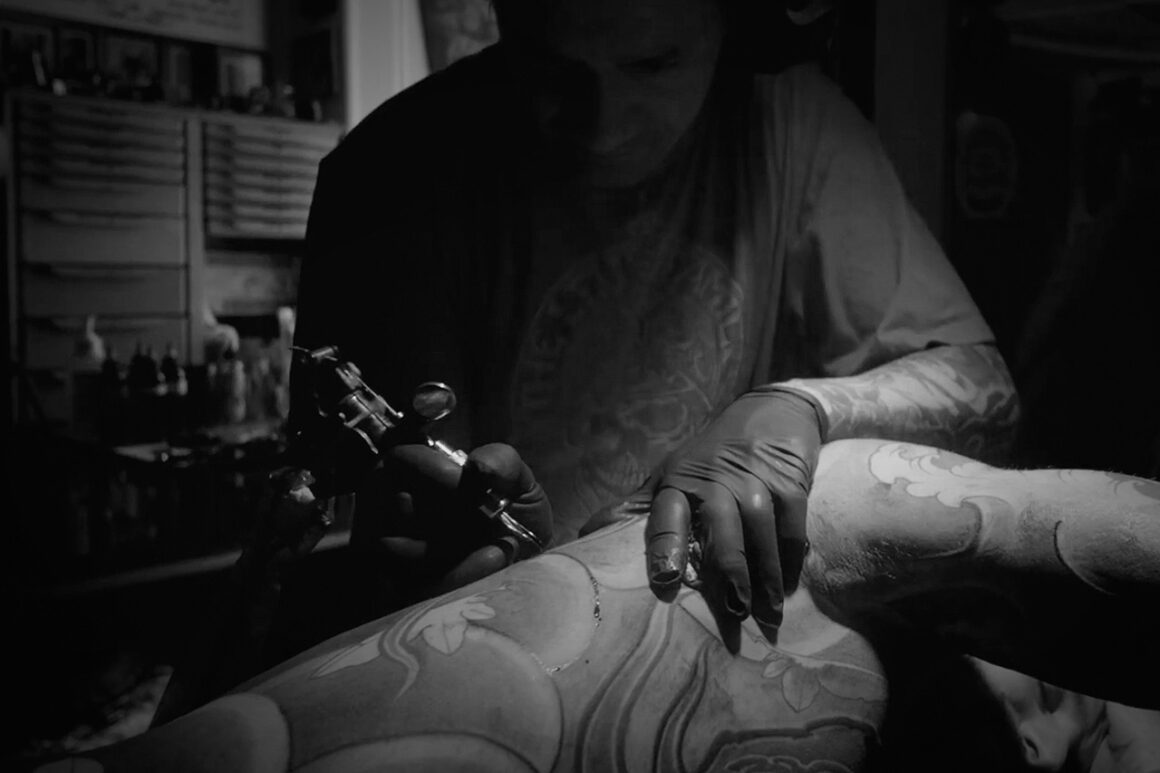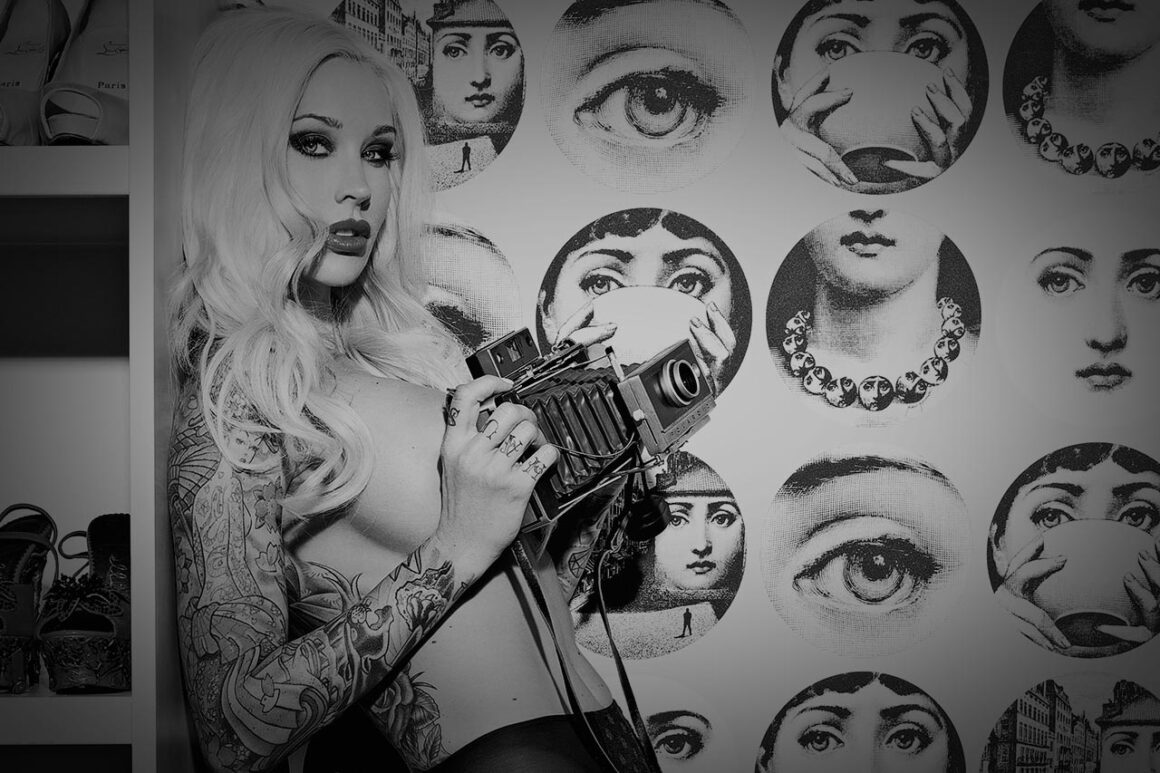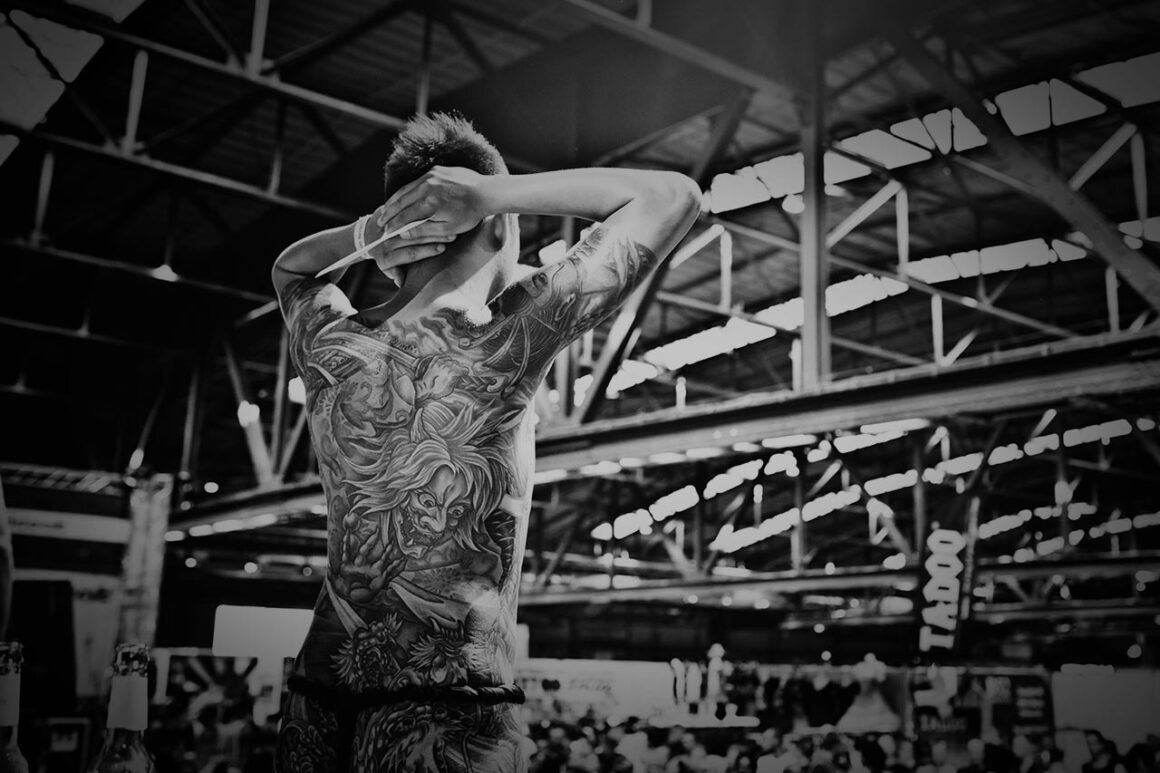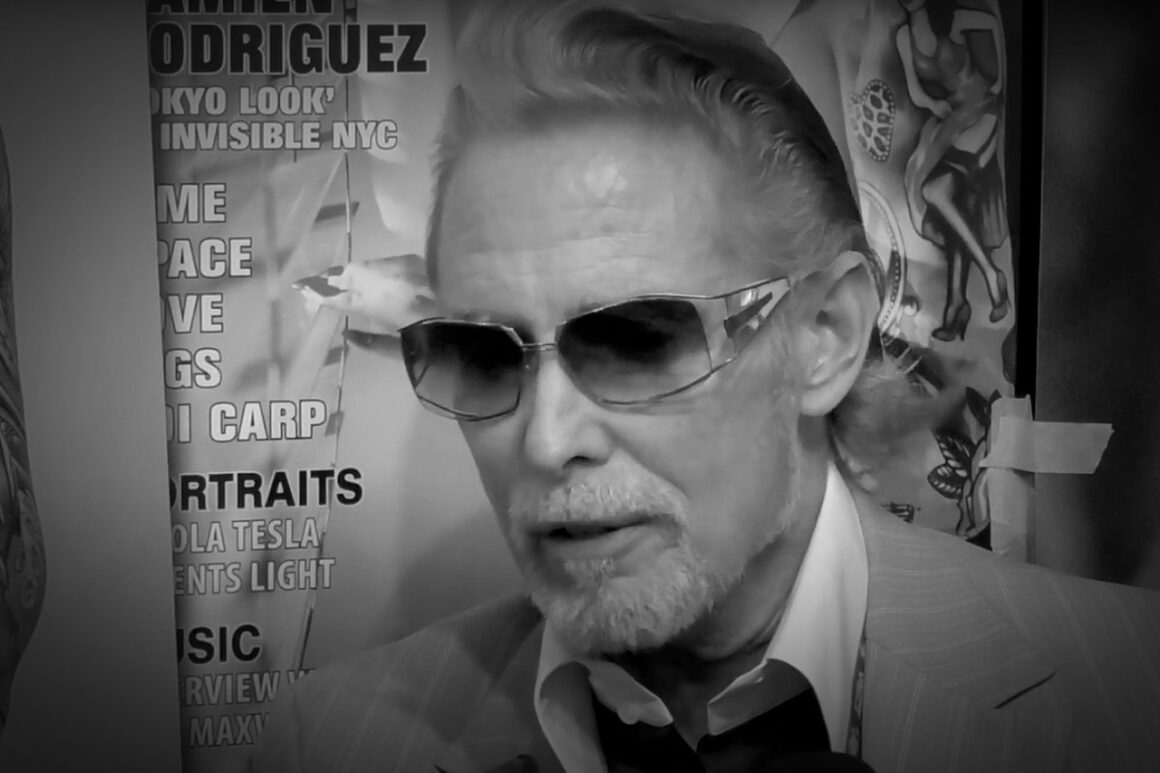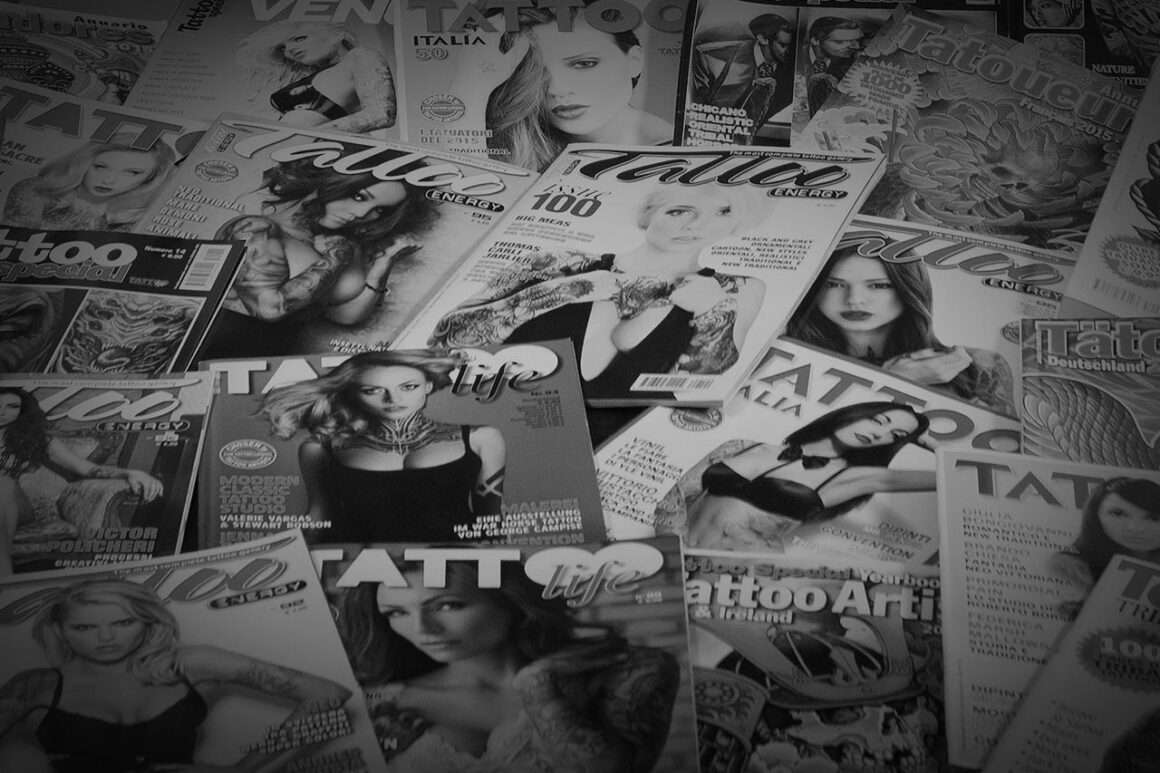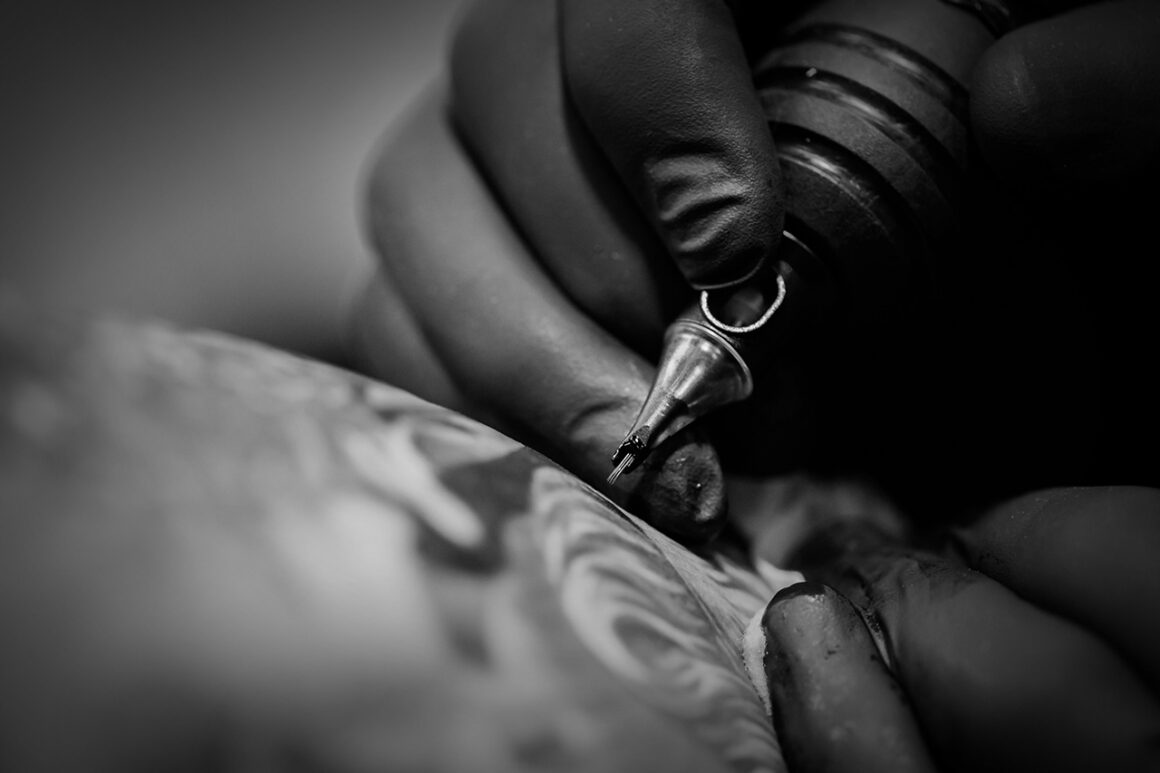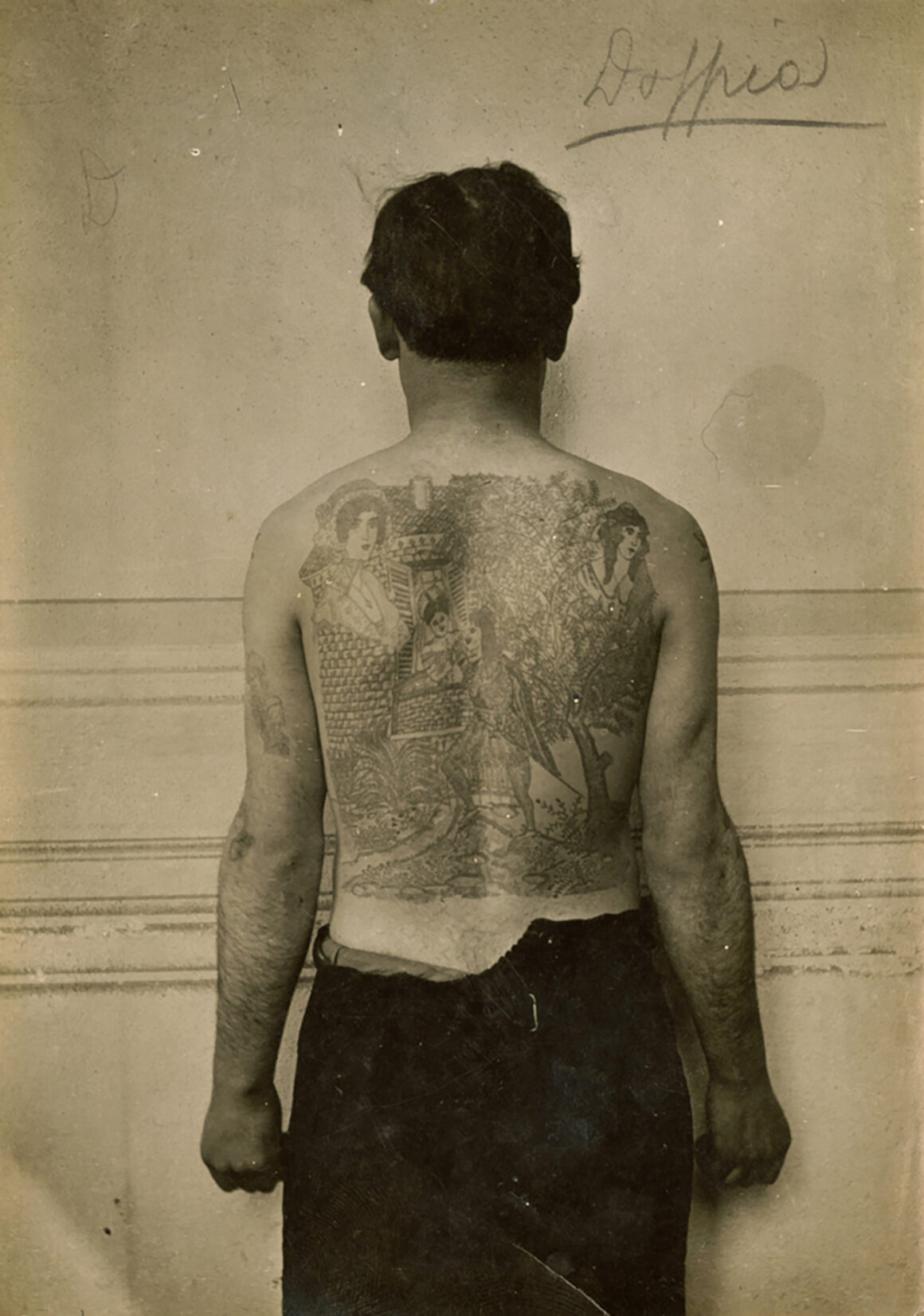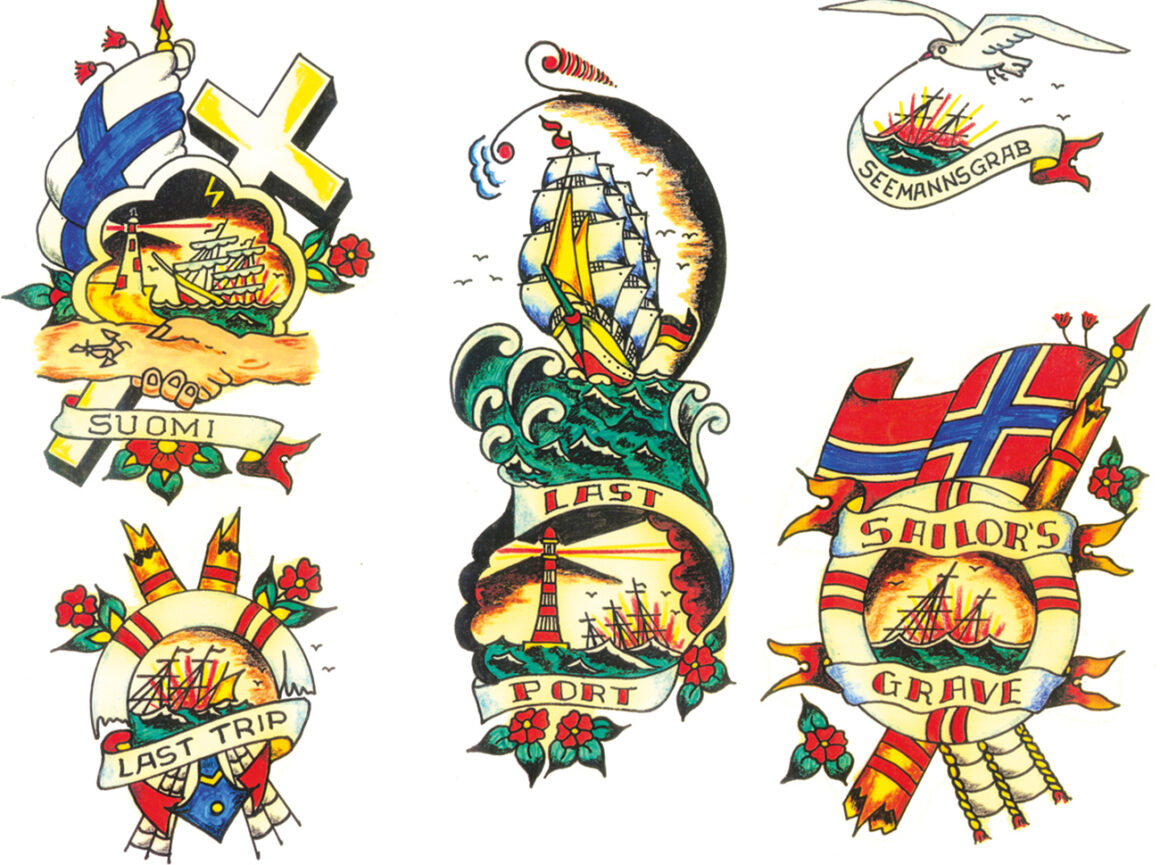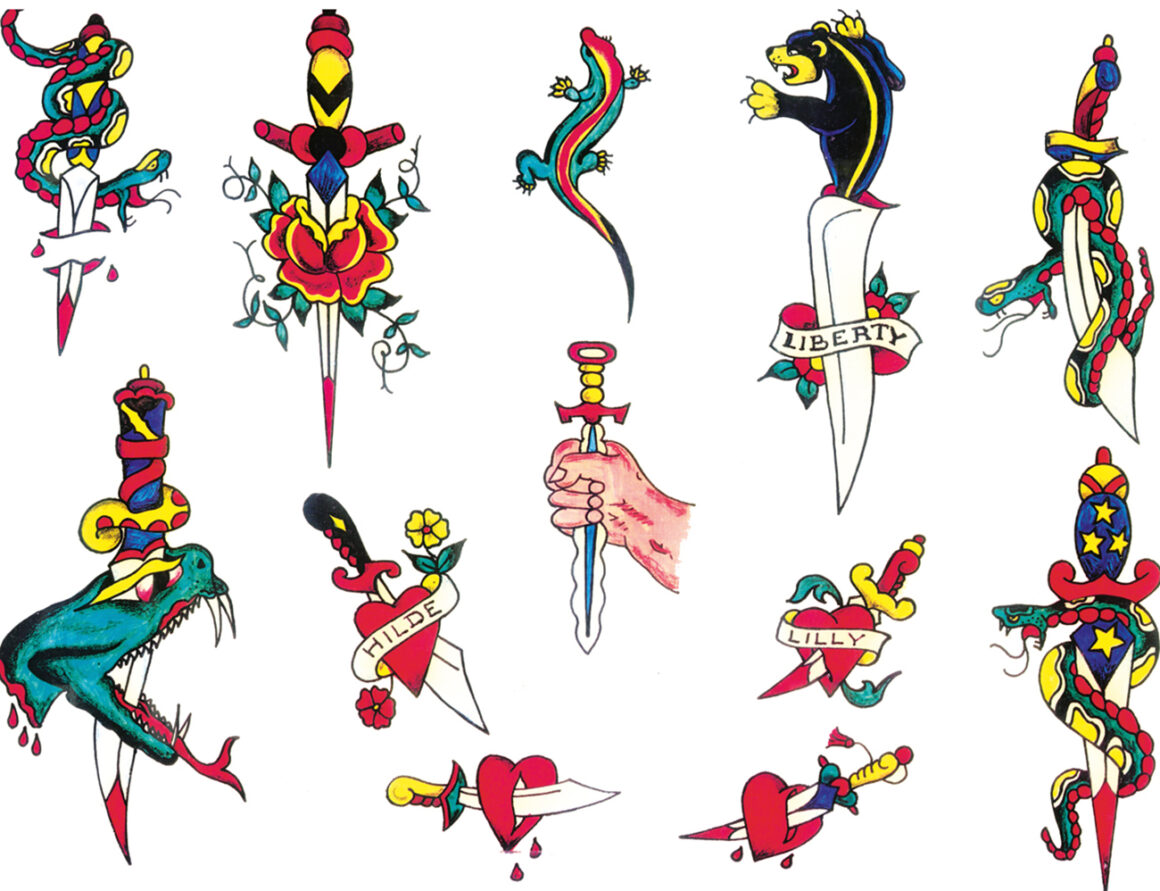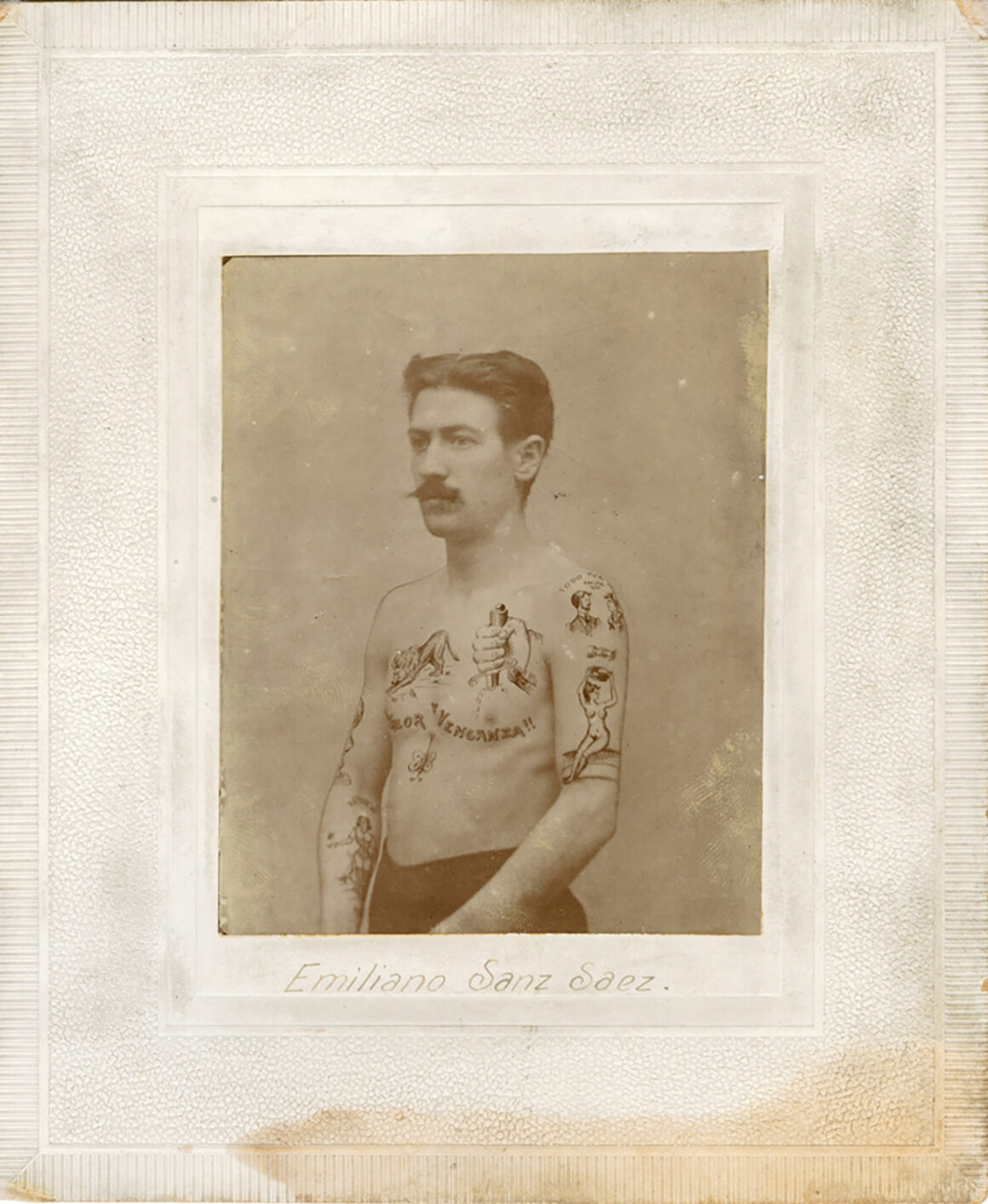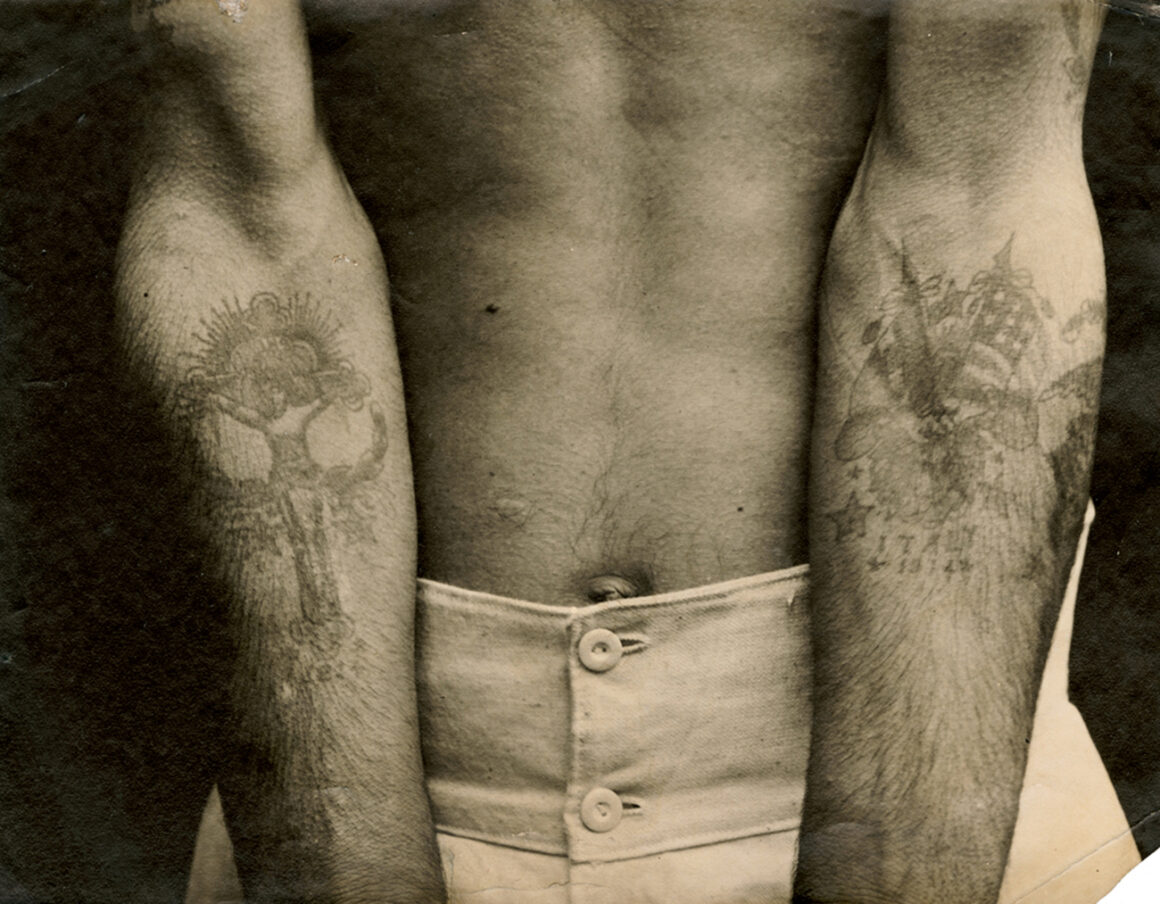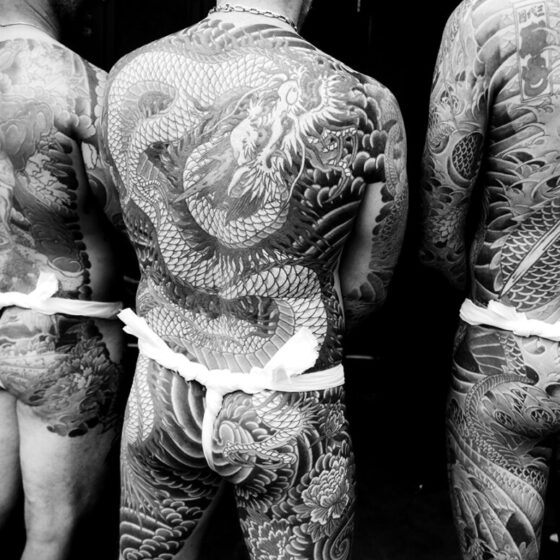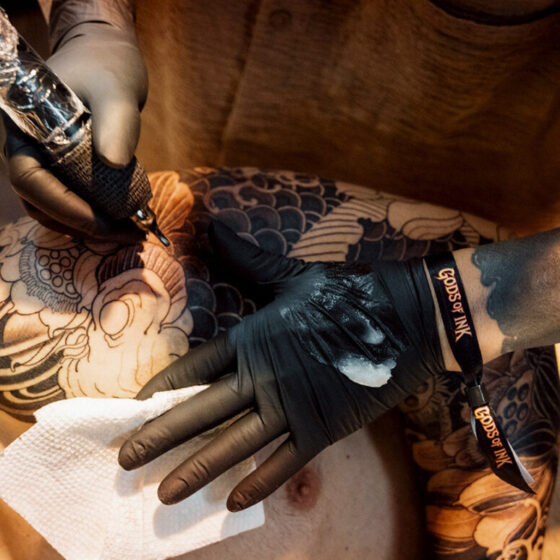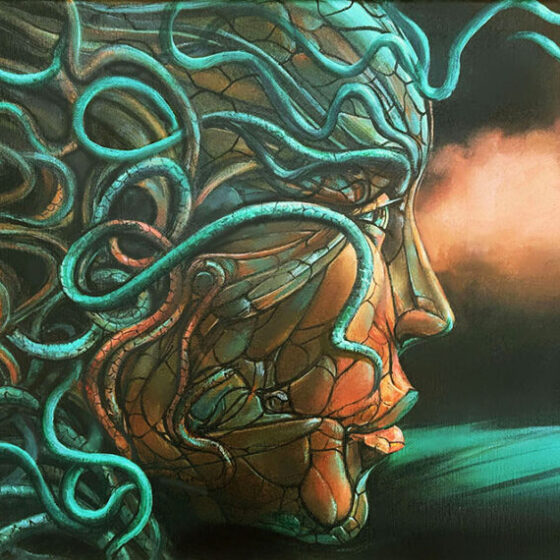From 28 March to 28 July 2024, Mudec, Museo delle Culture in Milan, is hosting the exhibition Tatuaggio. Stories from the Mediterranean curated by Luisa Gnecchi Ruscone and Guido Guerzoni, and with the collaboration of Jurate Francesca Piacenti.
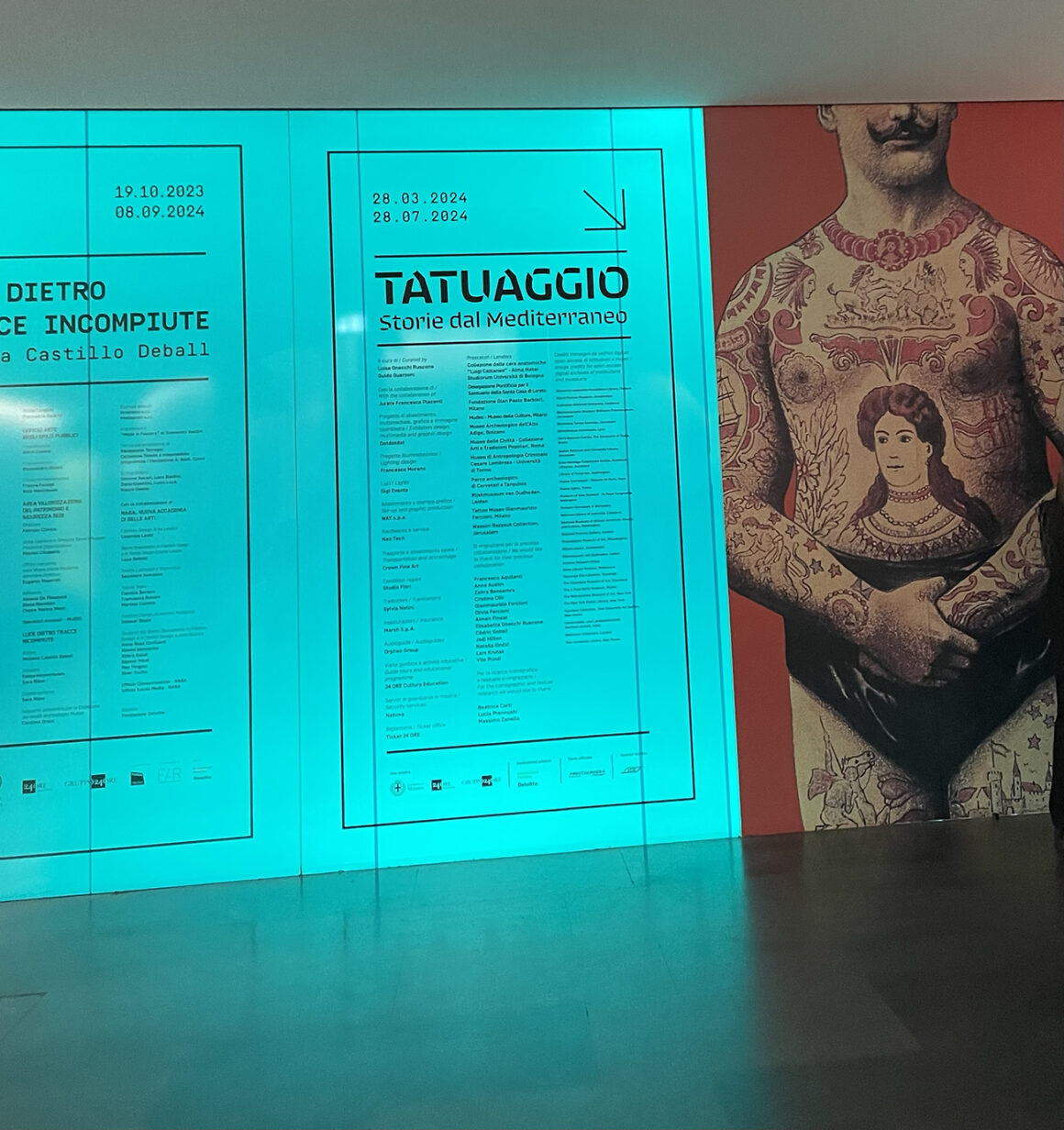
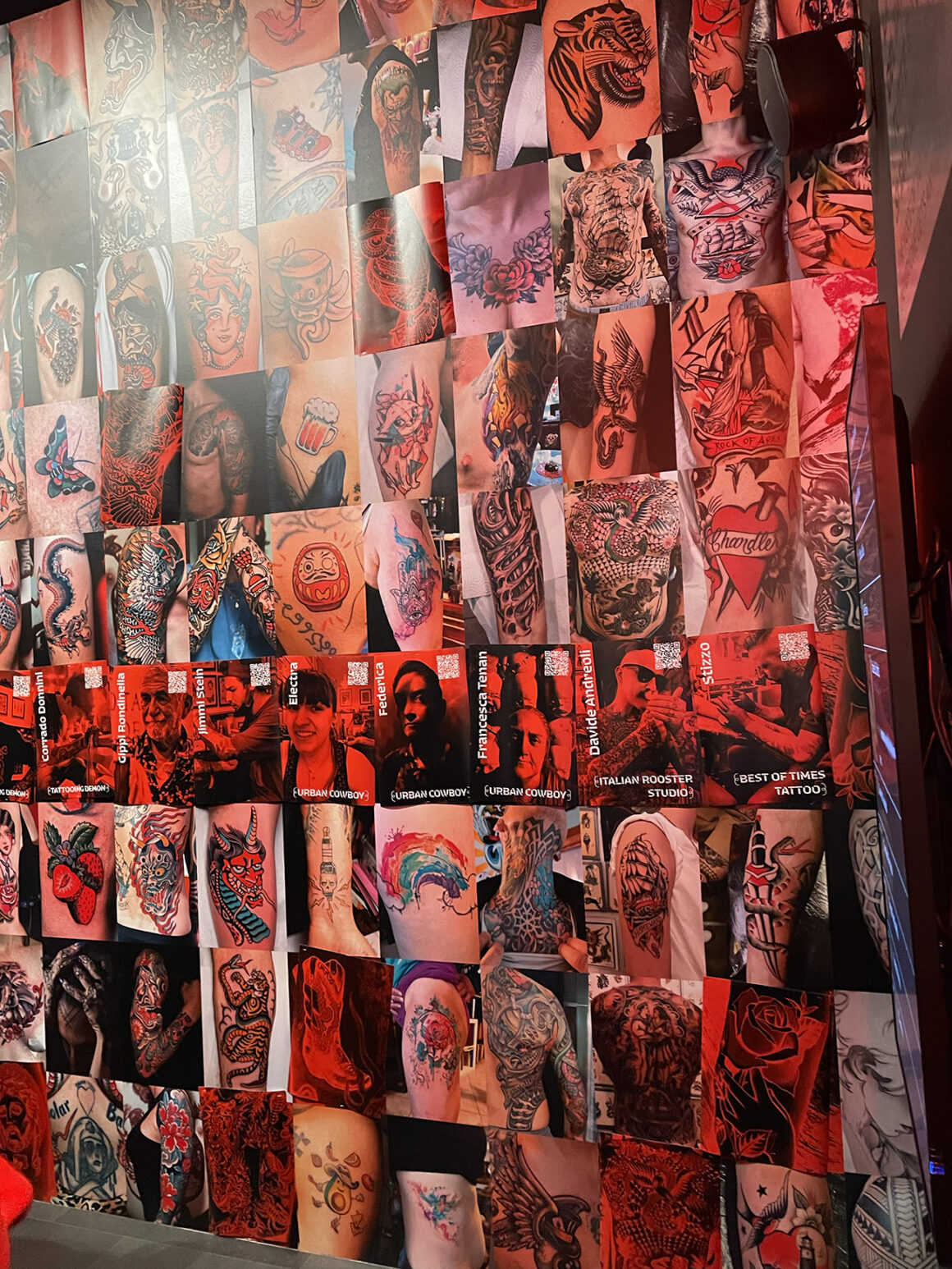
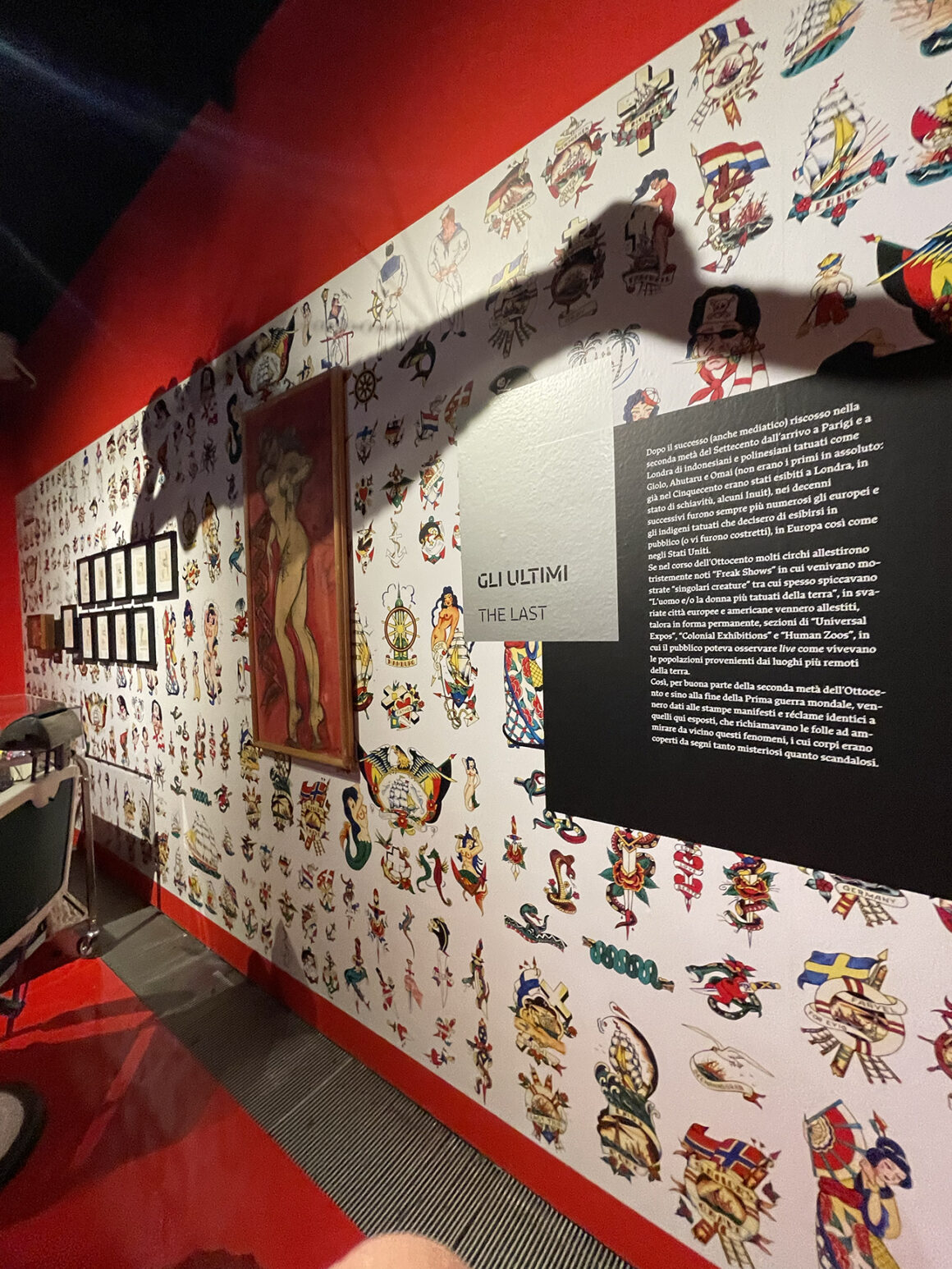
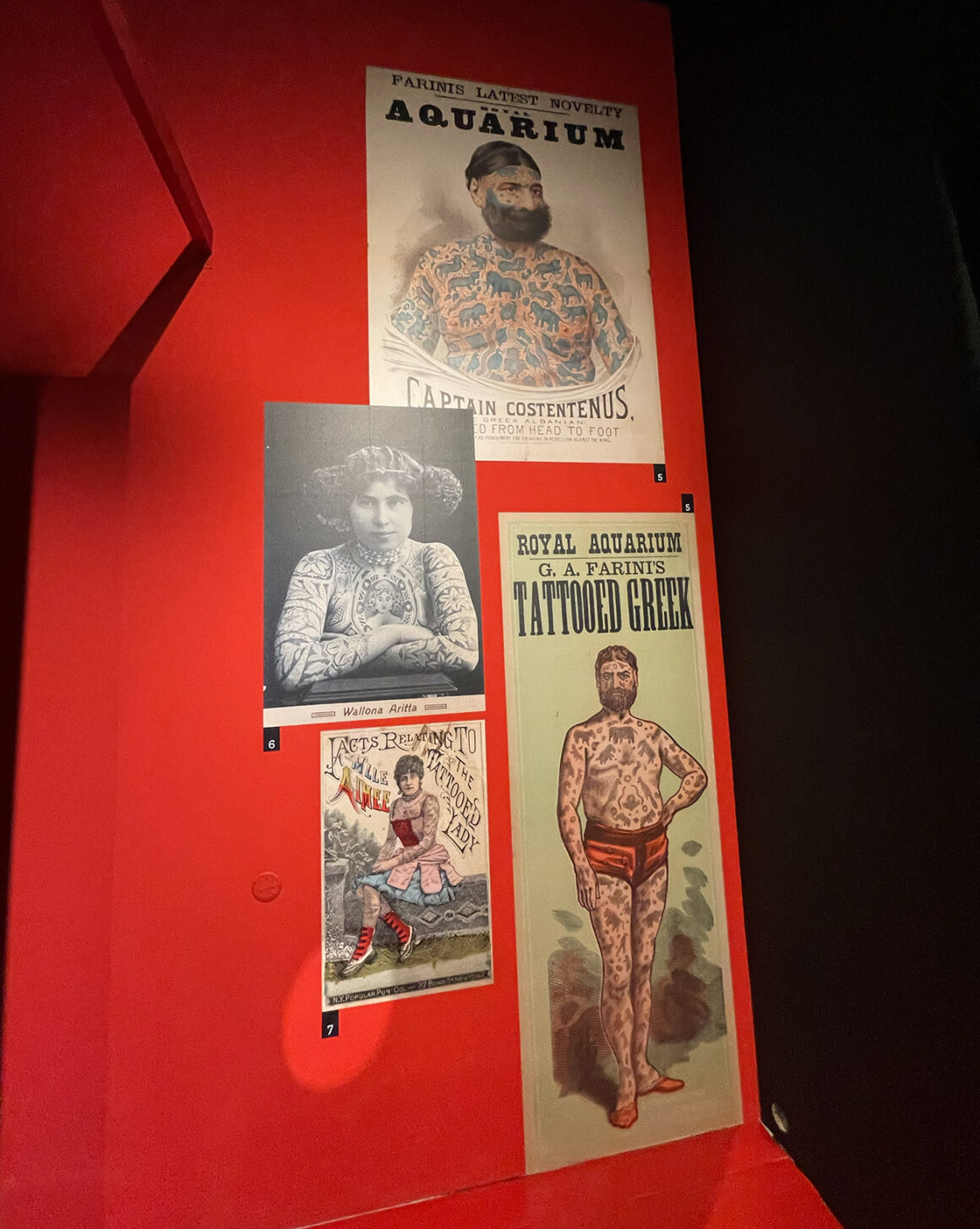
The exhibition project aims to investigate the tattoo from a historical, anthropological and cultural point of view, starting from the Mediterranean area where the first undeniable testimonies were found.
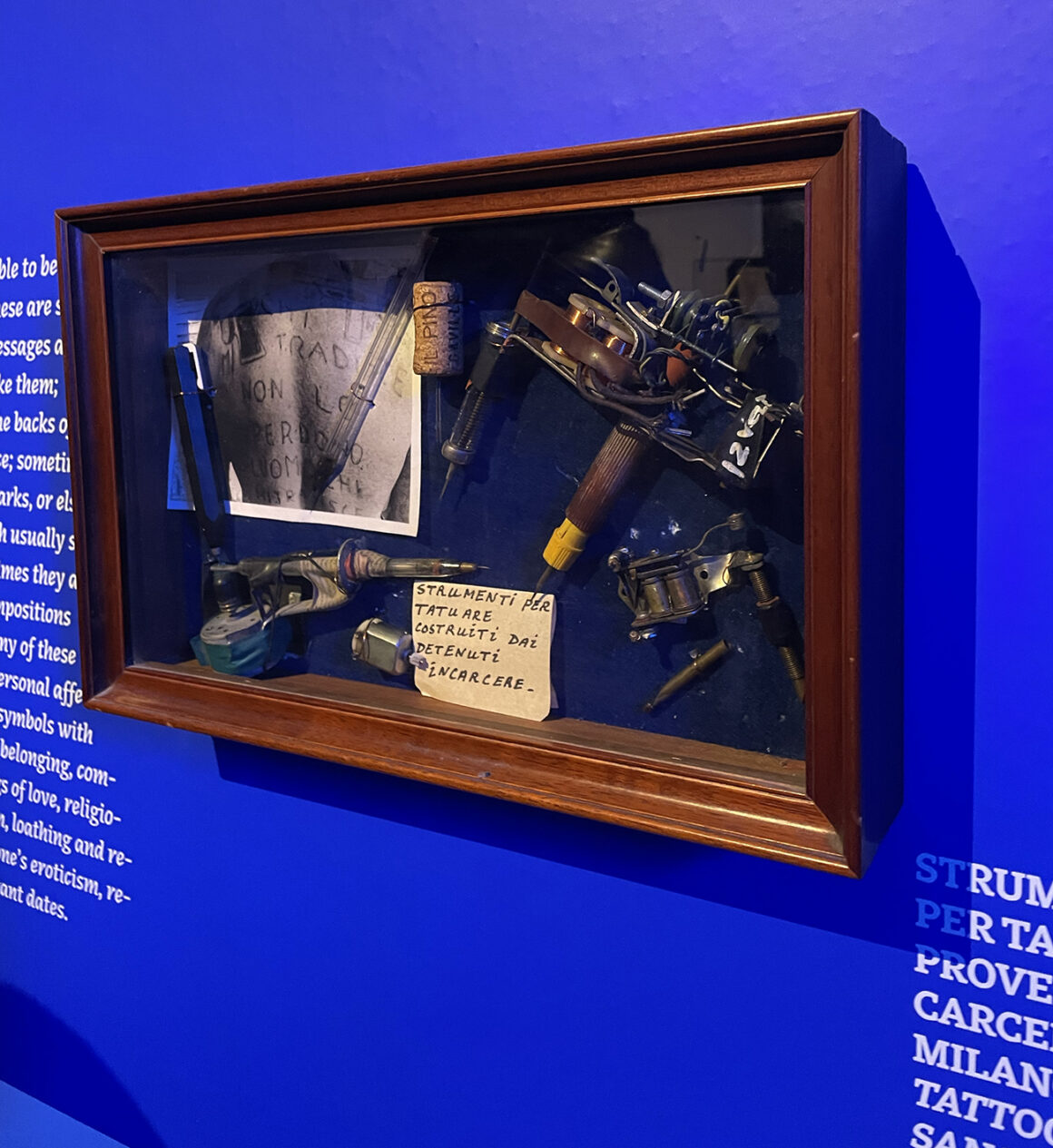
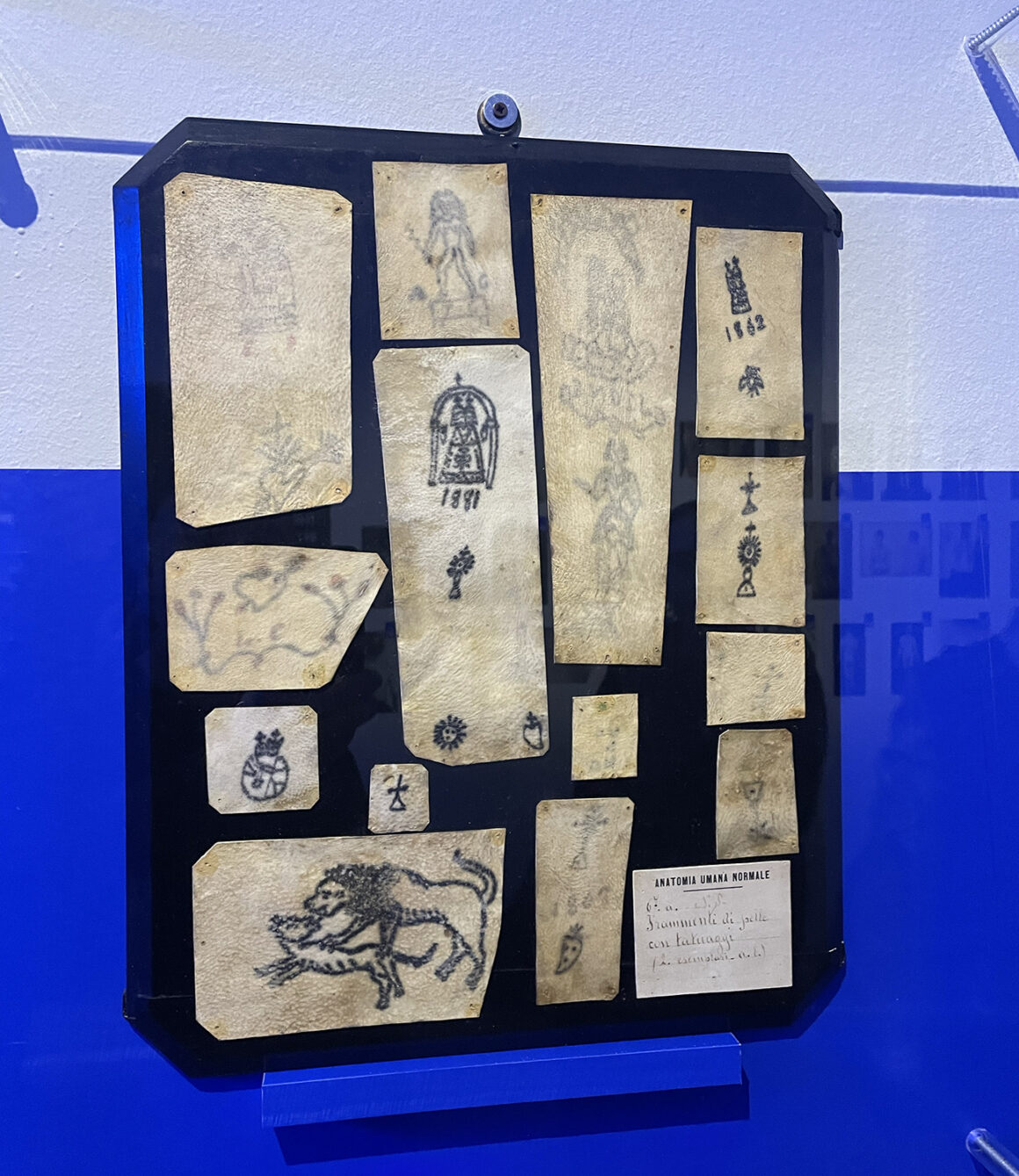
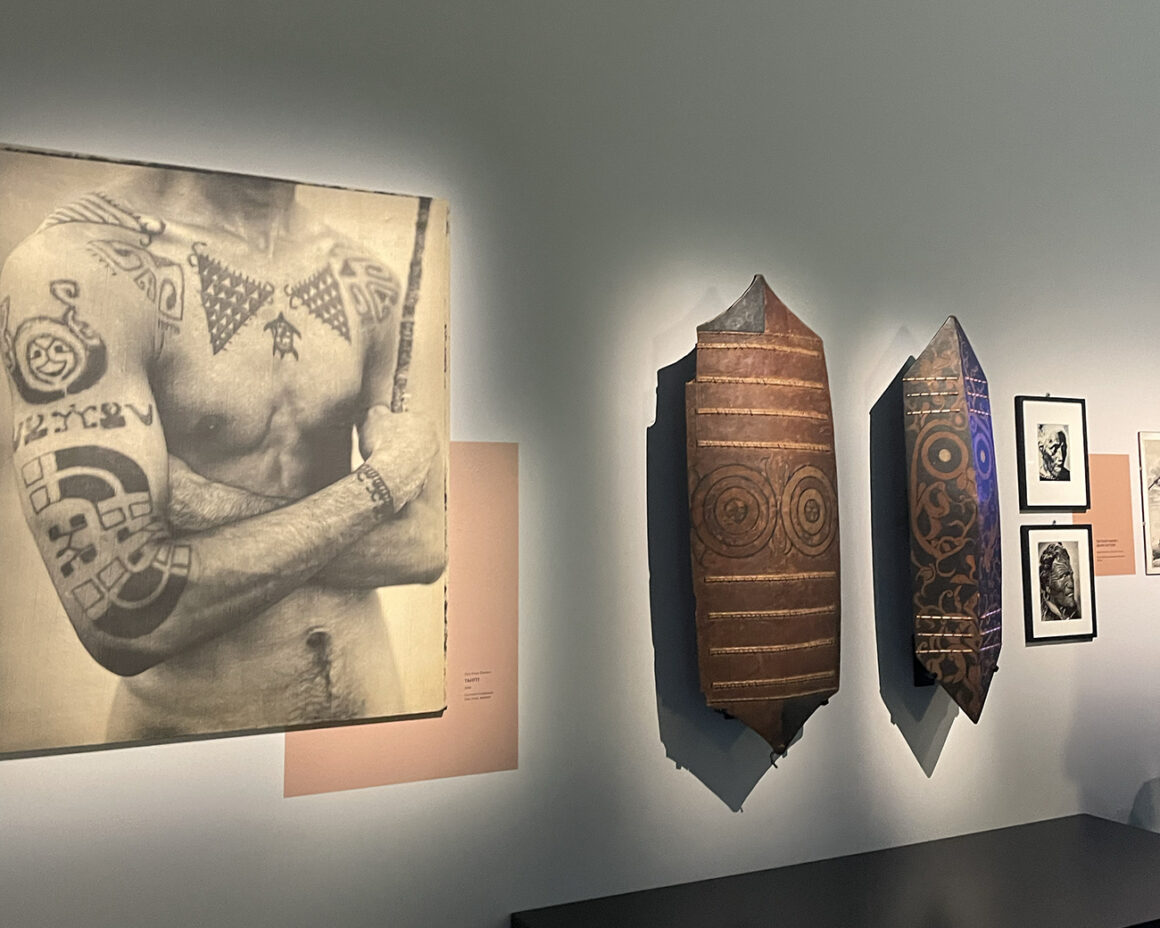
A cultural-historical story featuring a rich collection of objects, historical artefacts, tools, interesting sound materials, video installations, infographics, prints, and engravings, as well as texts and reproductions tracing some of the milestones in the history of tattooing, from prehistoric evidence to the present day.
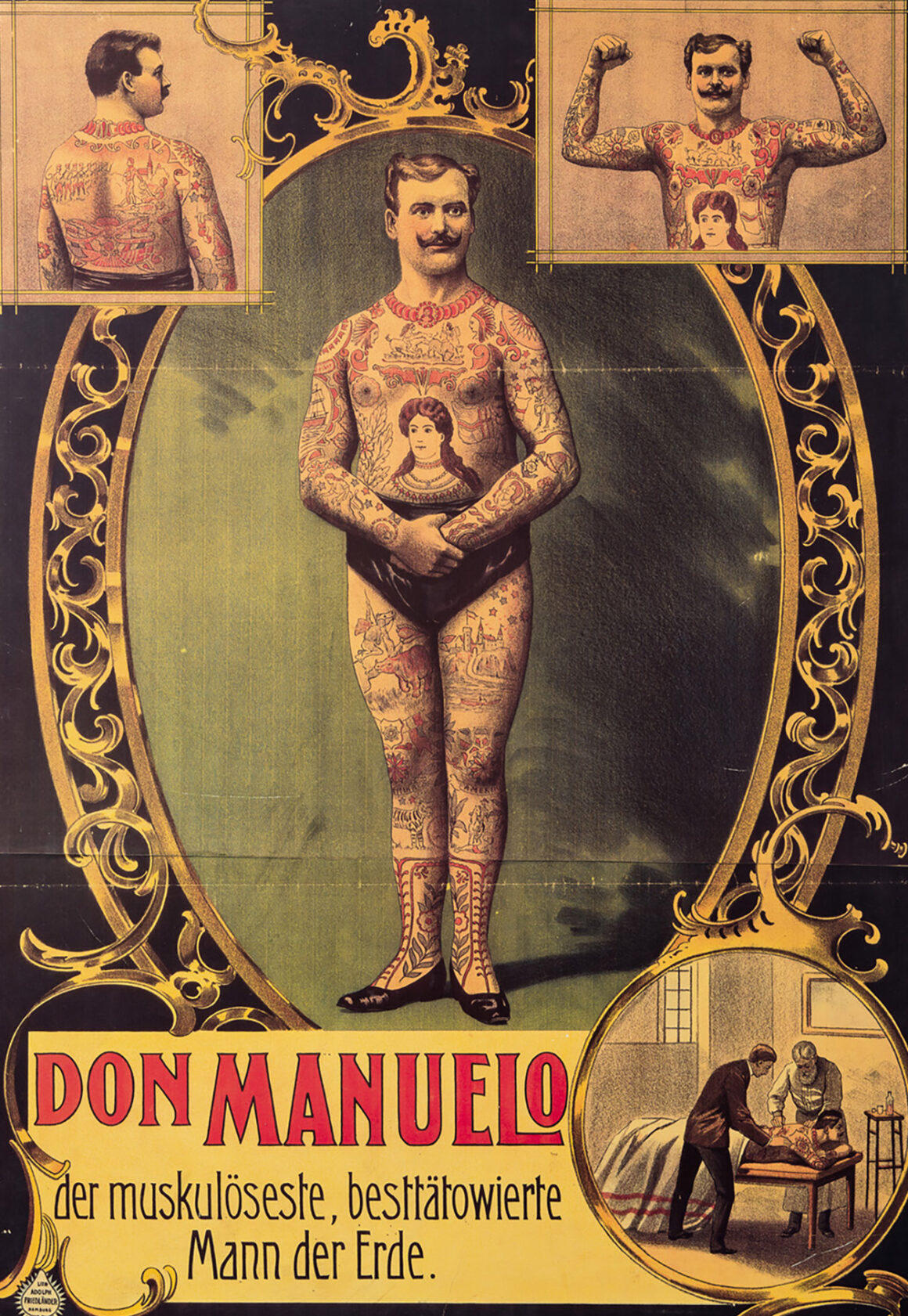
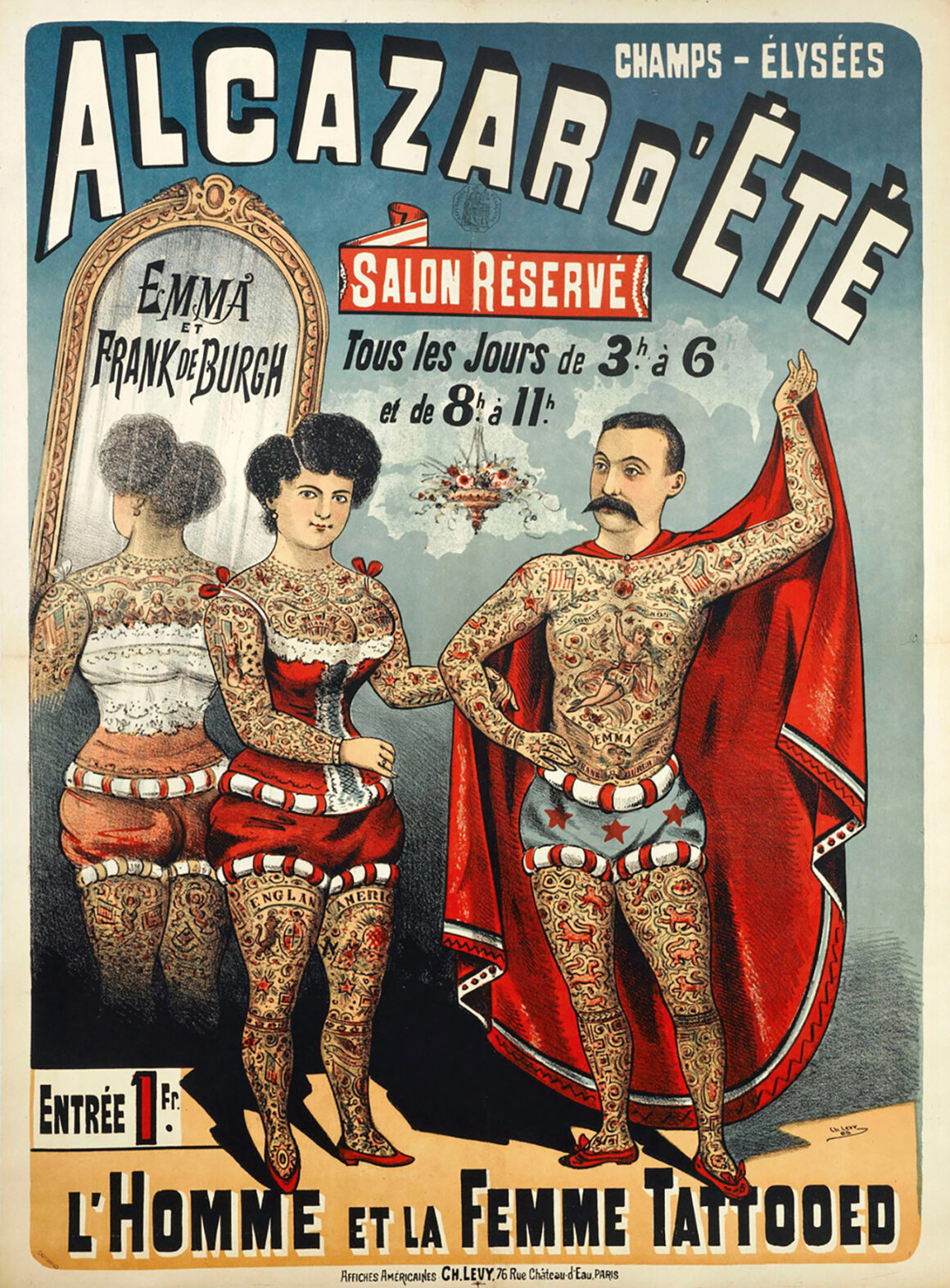
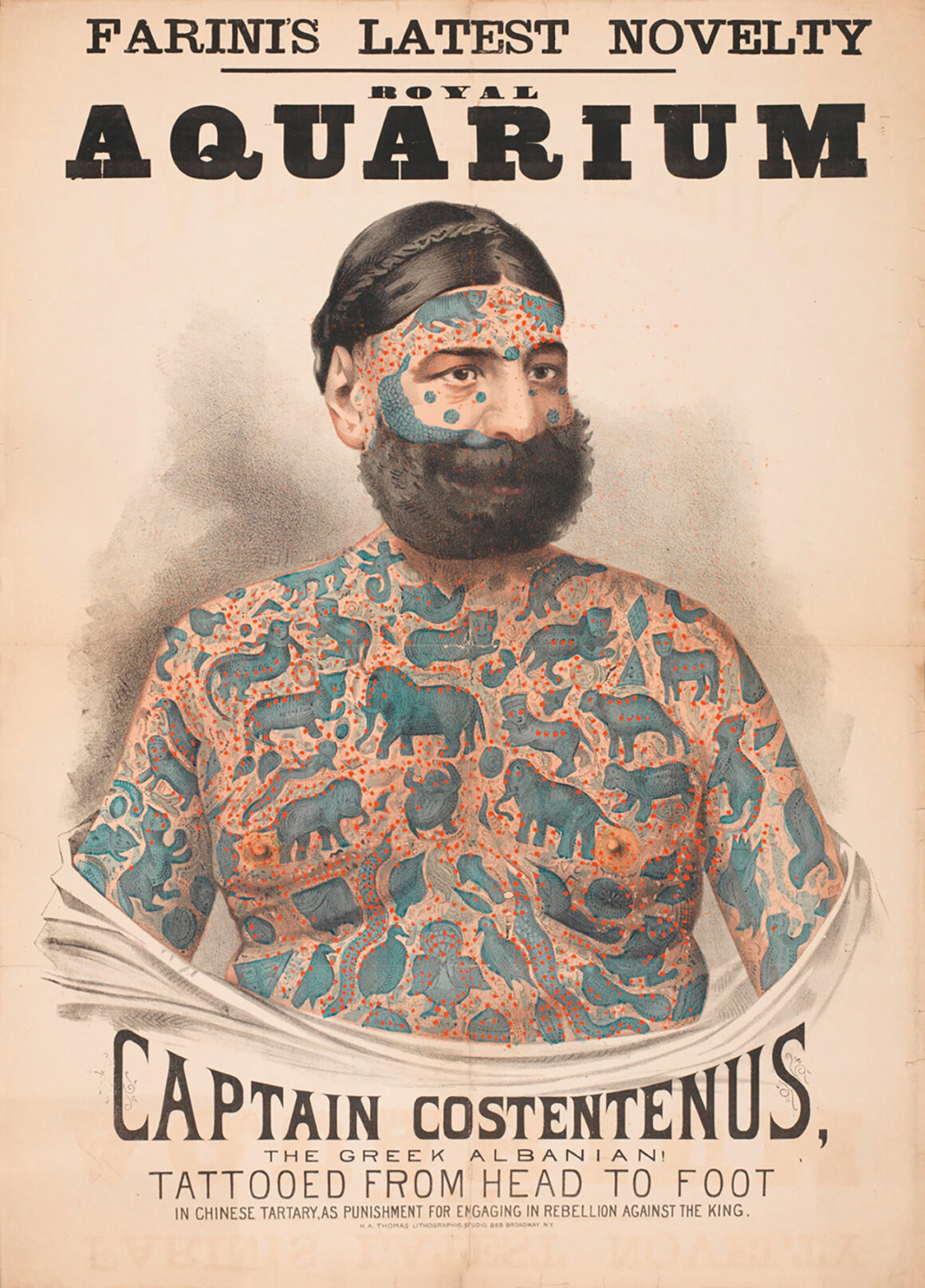
The itinerary starts with the contemporary tattooing scene, in an evocative kaleidoscopic collage of images, colours and experiences presented by today’s tattoo artists. A display of original artefacts, reproductions and photo and film projections take the visitor through five thousand years of human history.
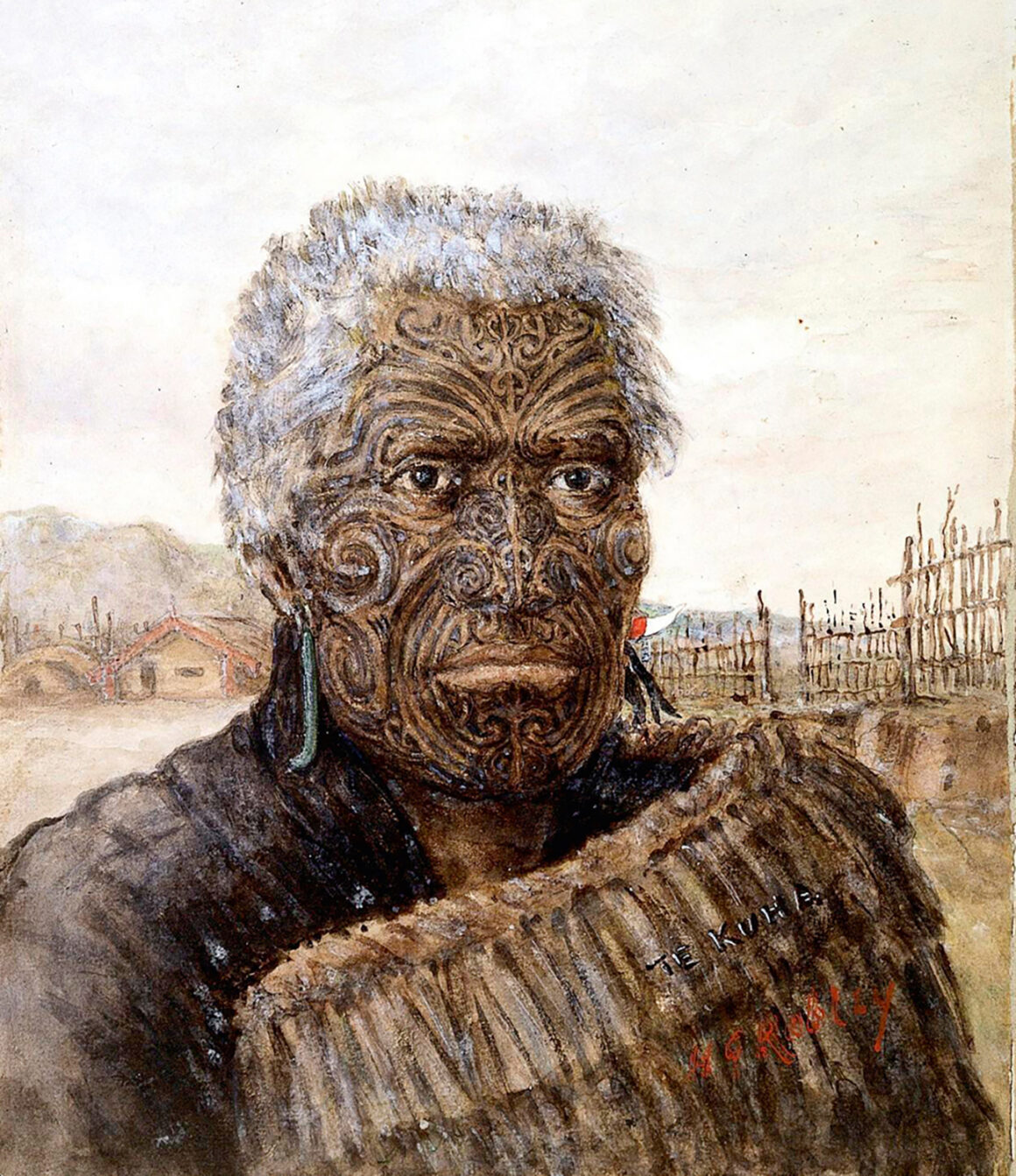
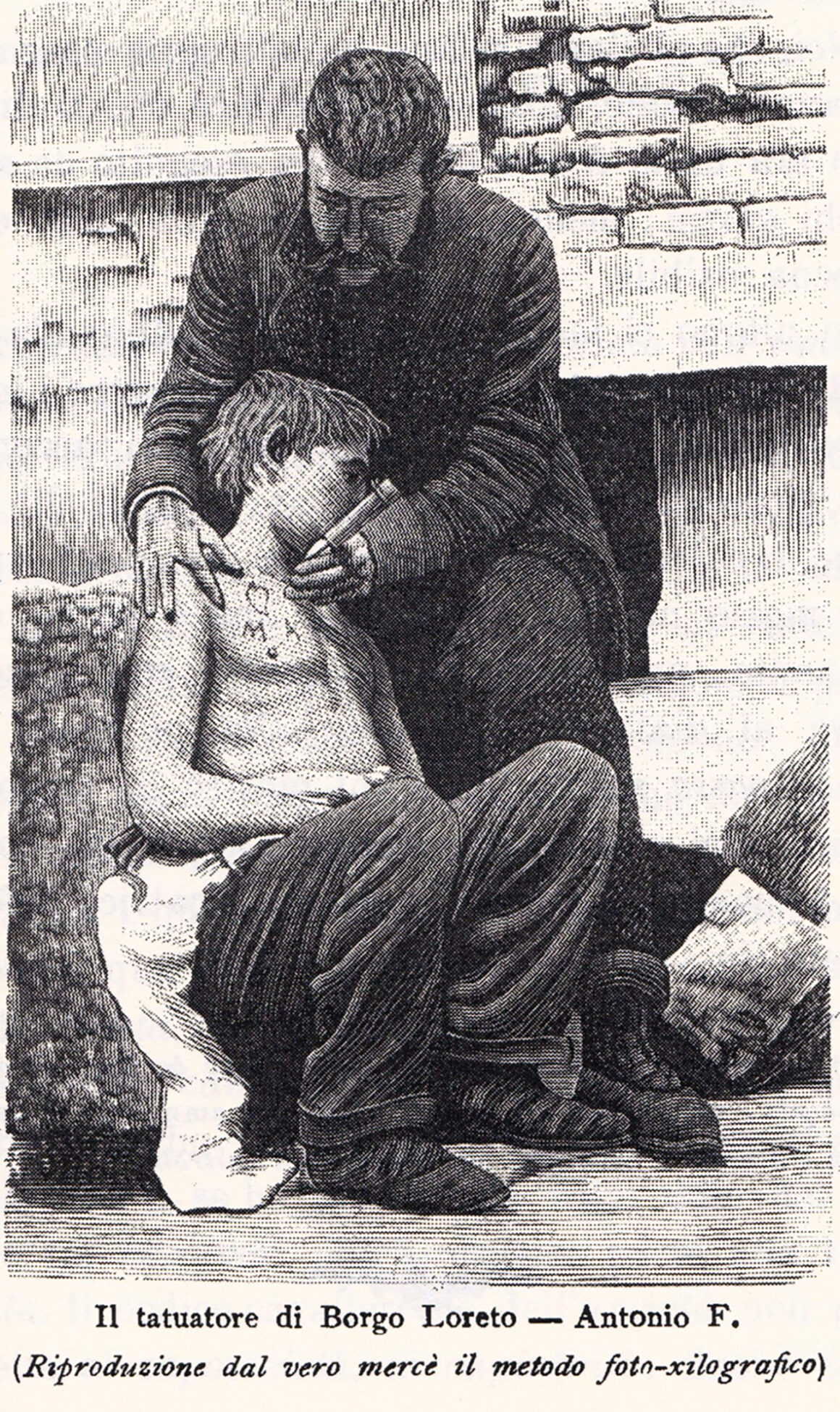
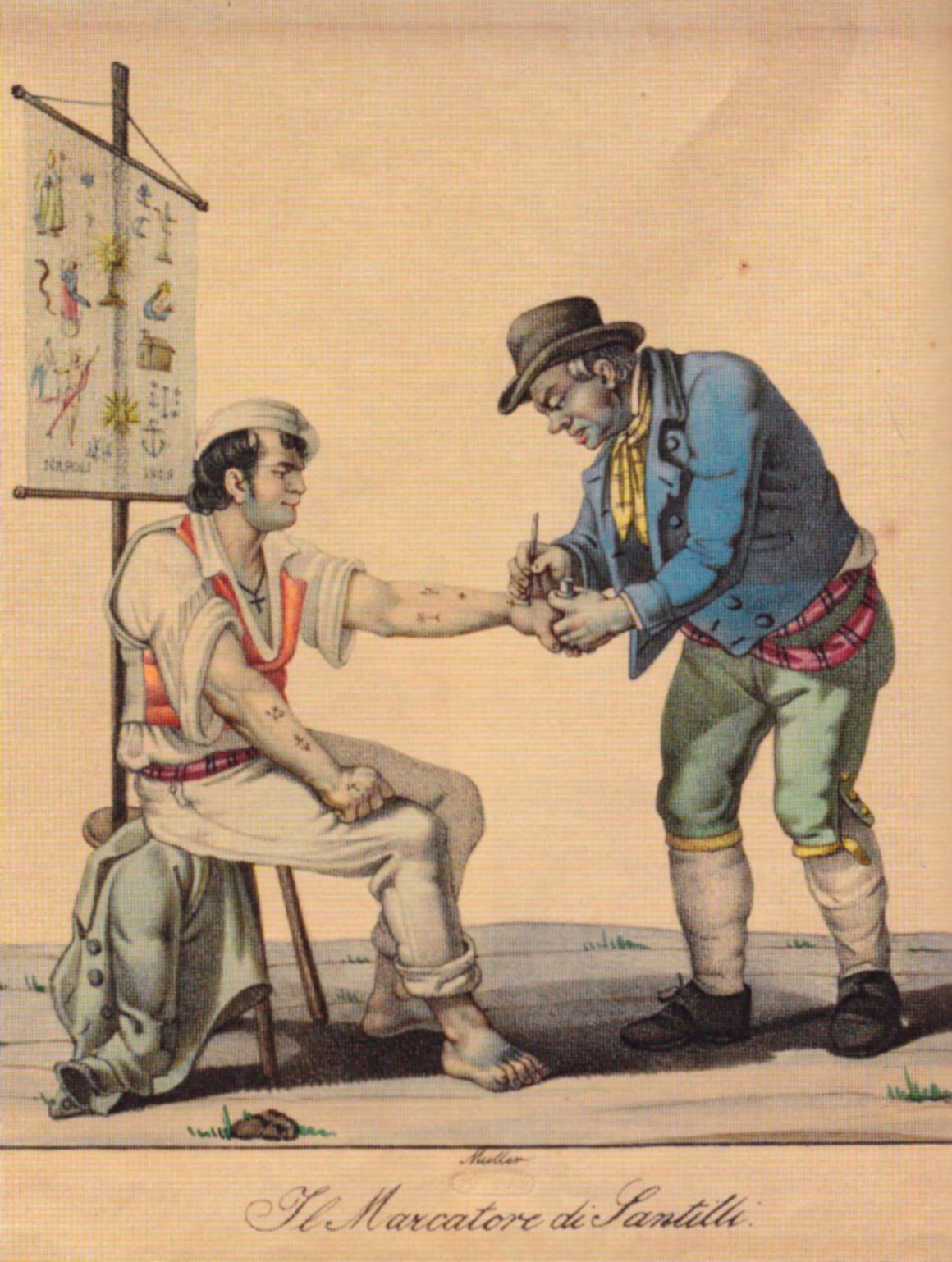
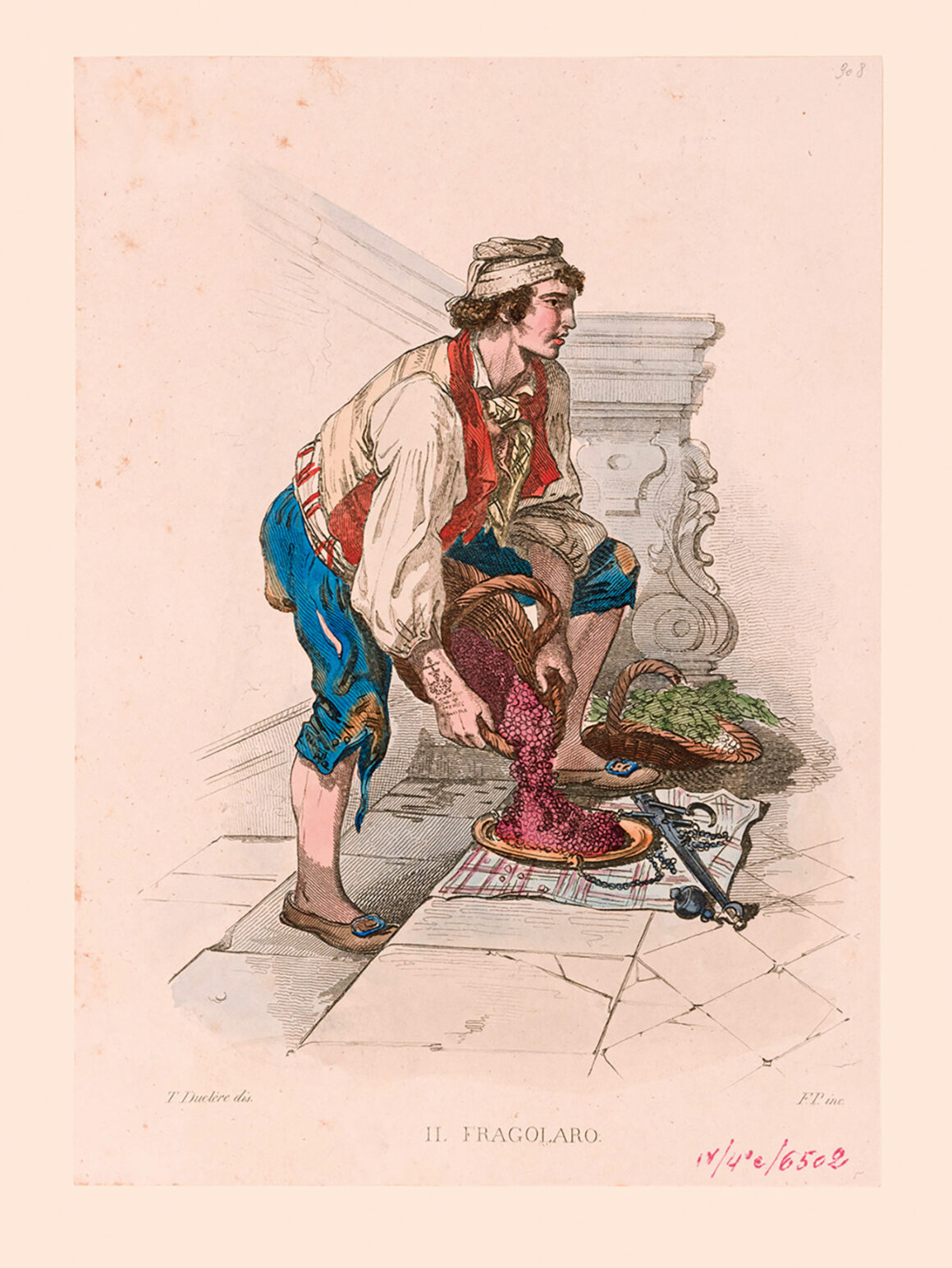
From Ötzi, the oldest tattooed man whose body has so far been found in a natural state of mummification, to the ancient Egyptians with the fundamental testimony of the mummy of the tattooed woman of Deir El Medina, passing through the Greeks the Romans and later on to the devoted Catholic pilgrims to the Holy Land.
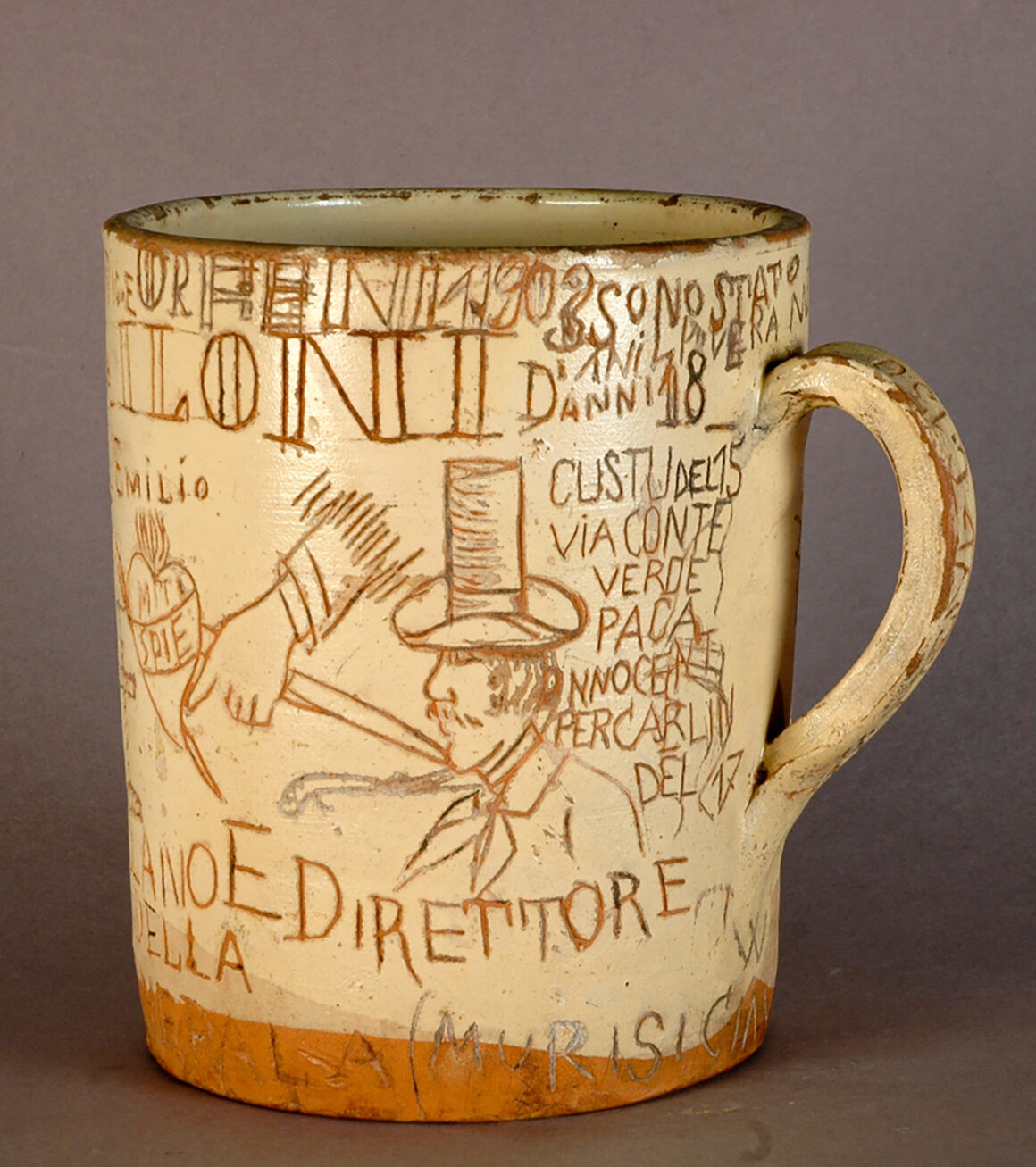
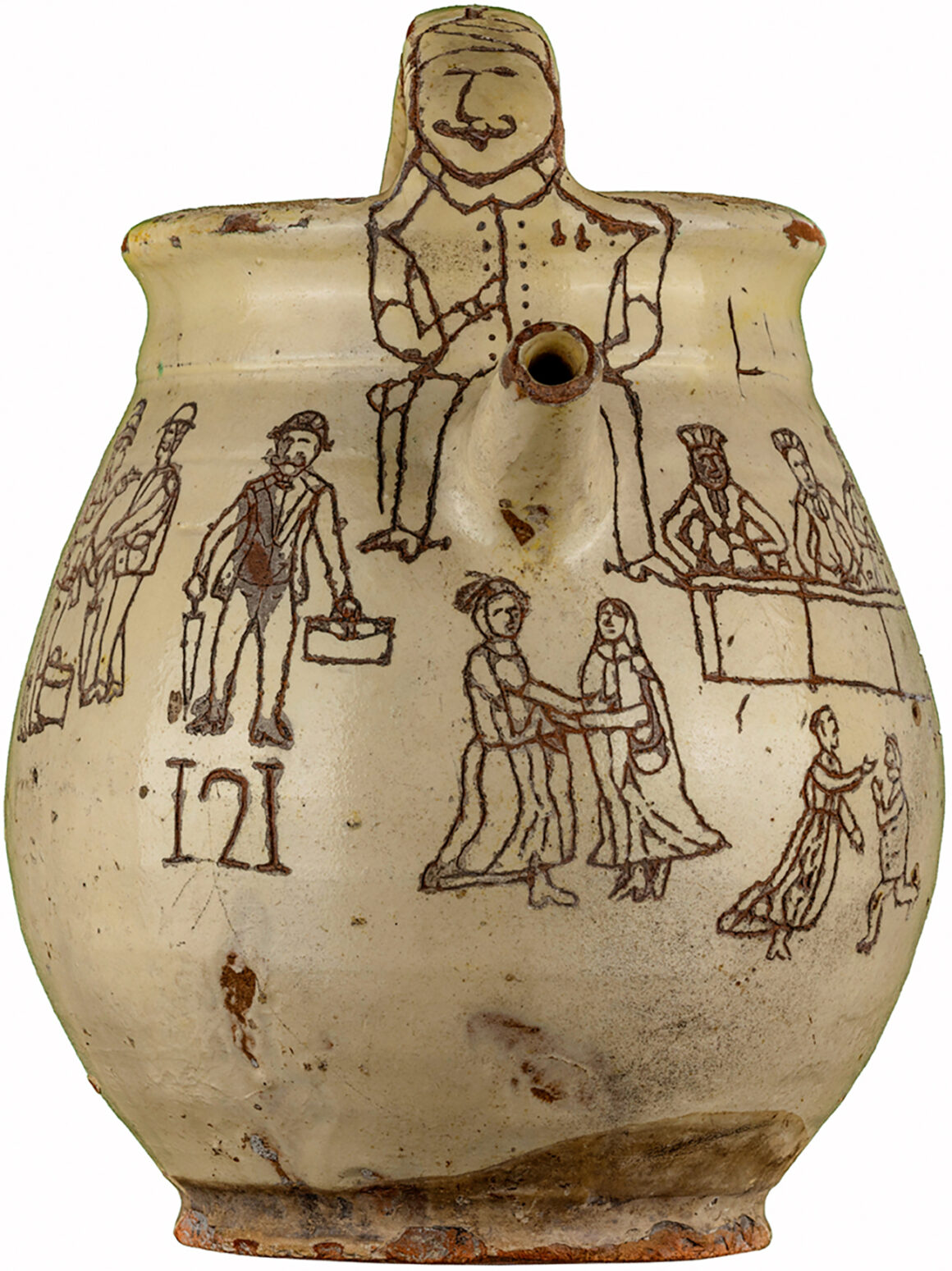
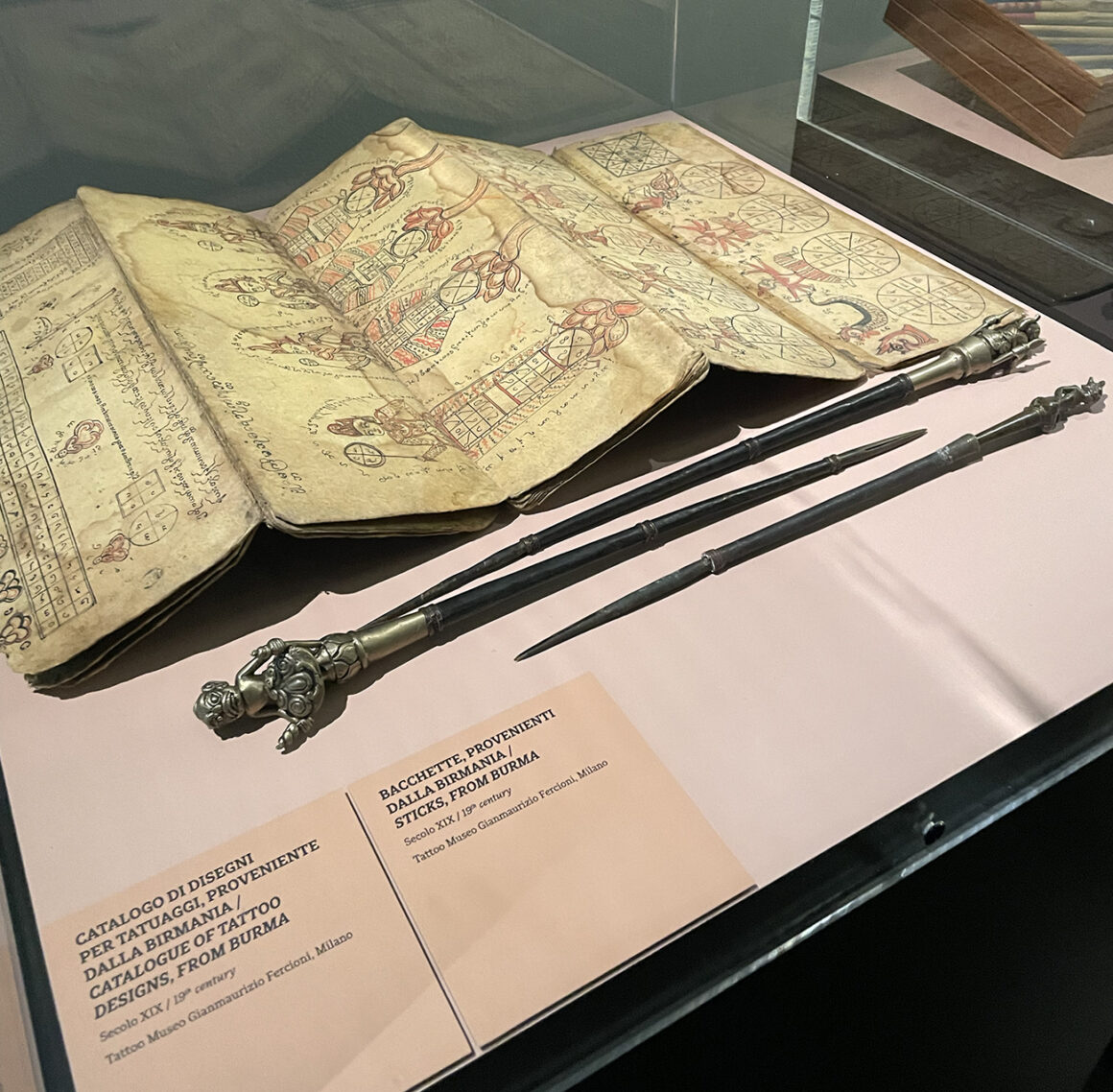
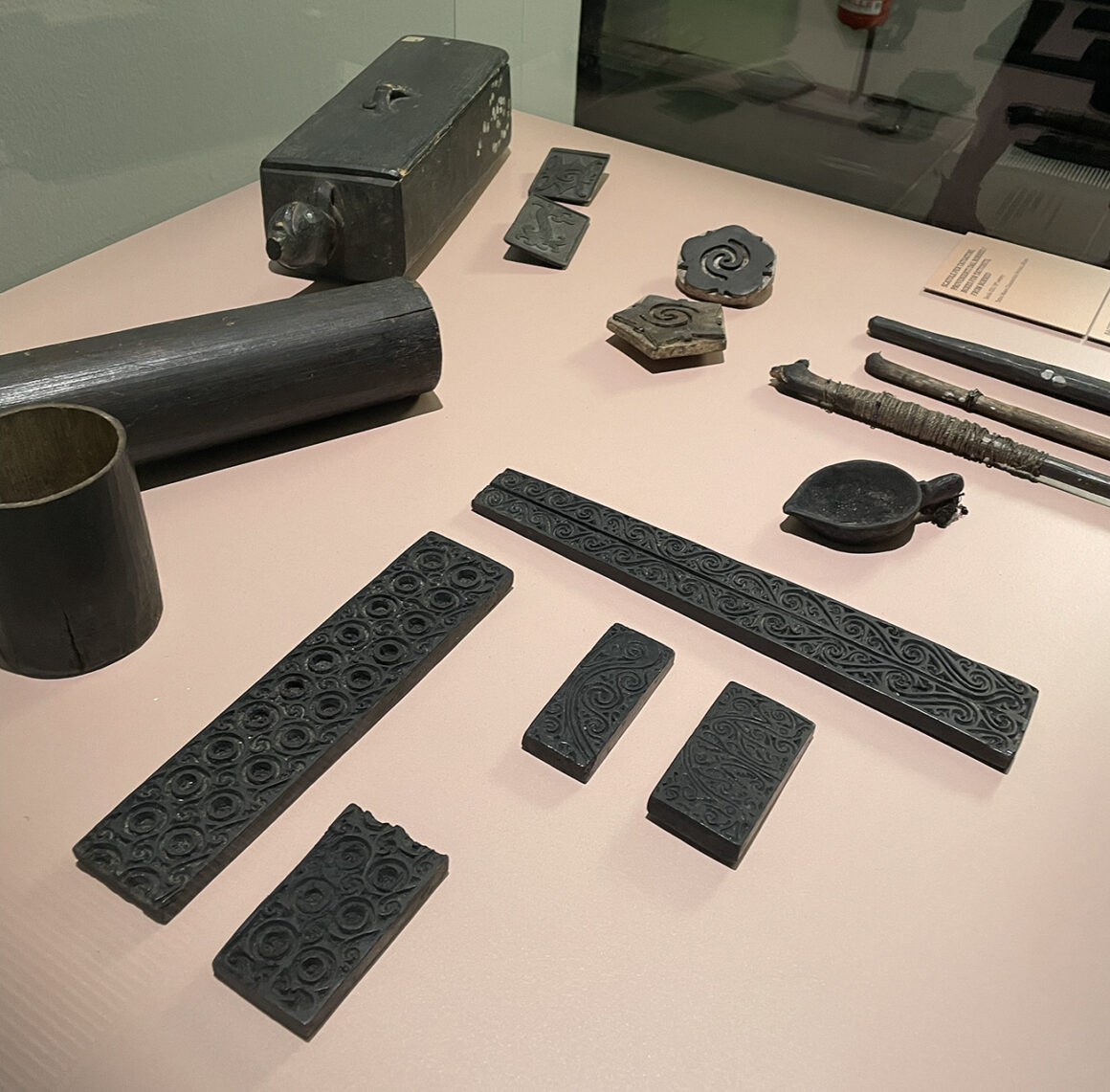
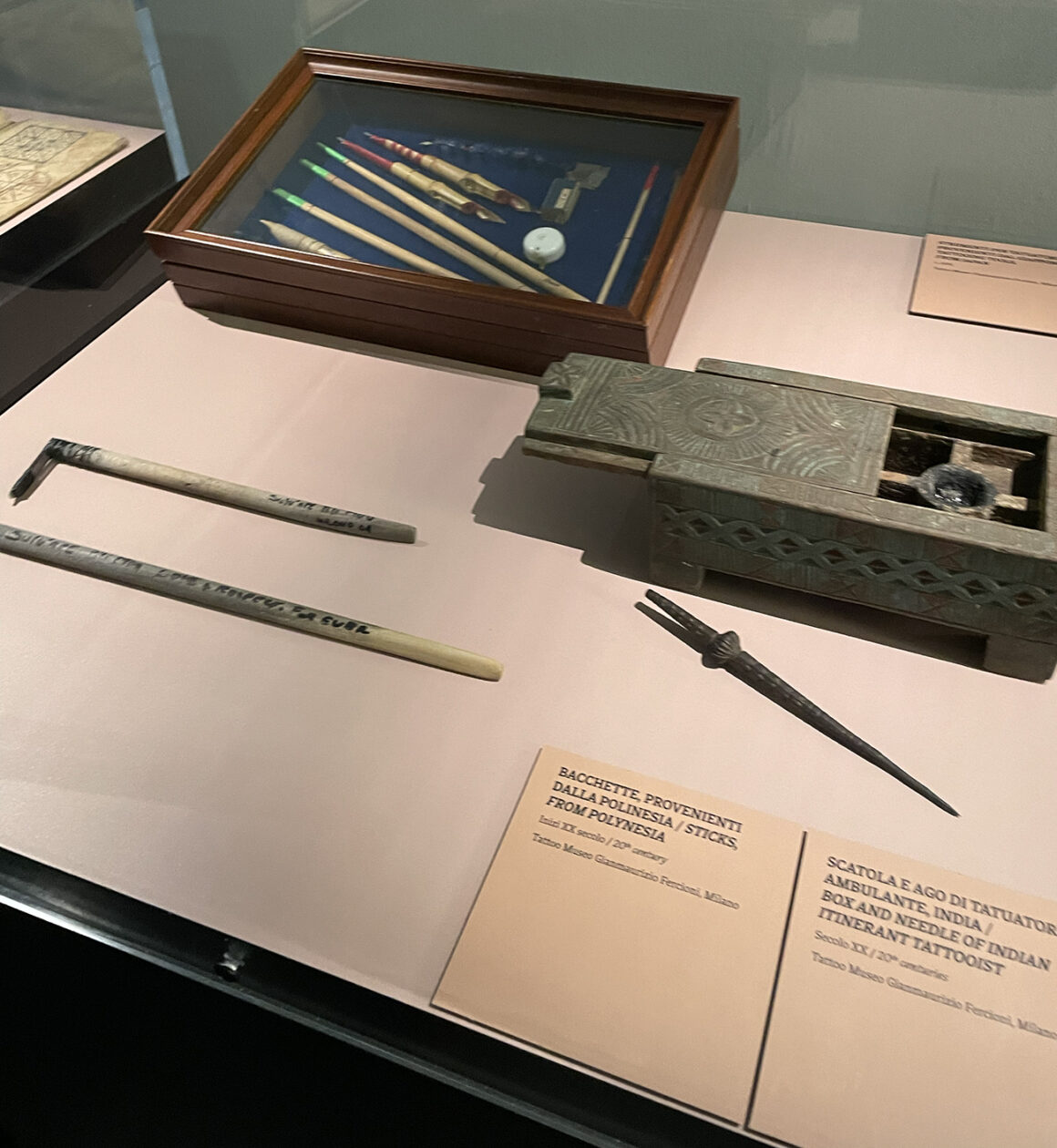
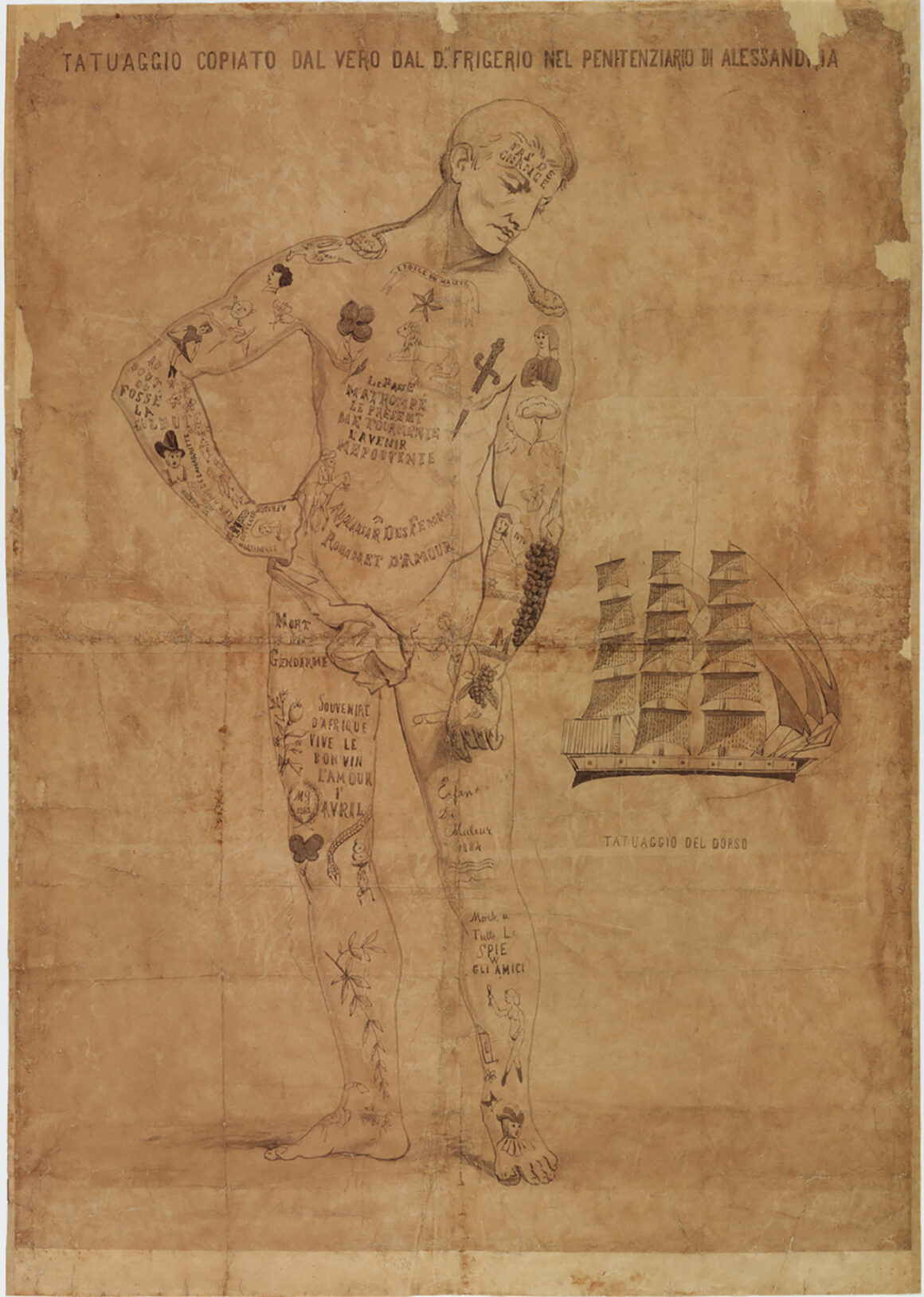
It goes all the the way up to Cesare Lombroso, Alexandre Lacassagne and other ‘criminal anthropologists’ when, in the mid-19th and early 20th centuries, tattoos were associated with marginalised people, prisoners and ‘deviants’. This was the beginning of prejudice against a practice considered ‘primitive and atavistic’, and unworthy of ‘civilised’ man.
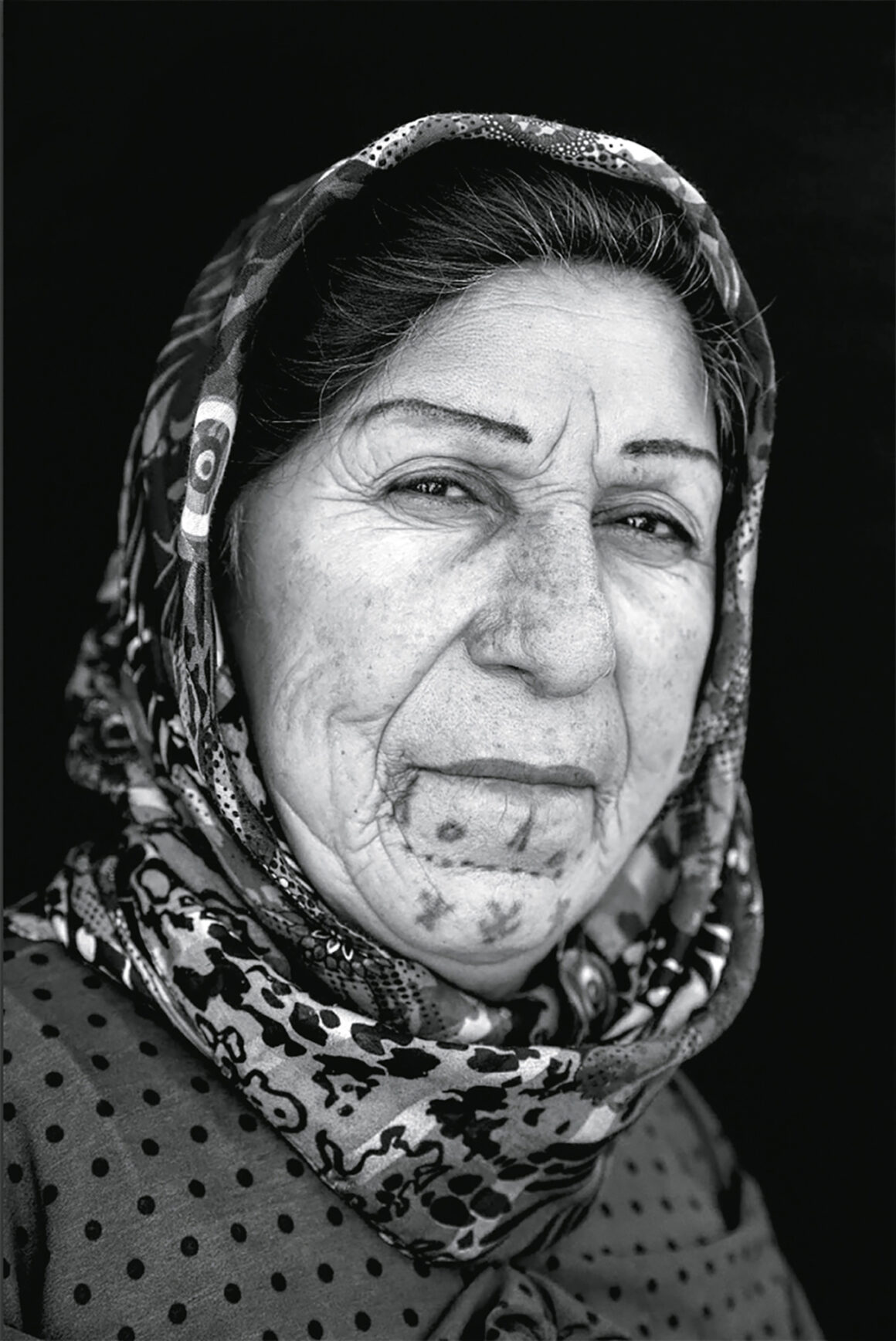
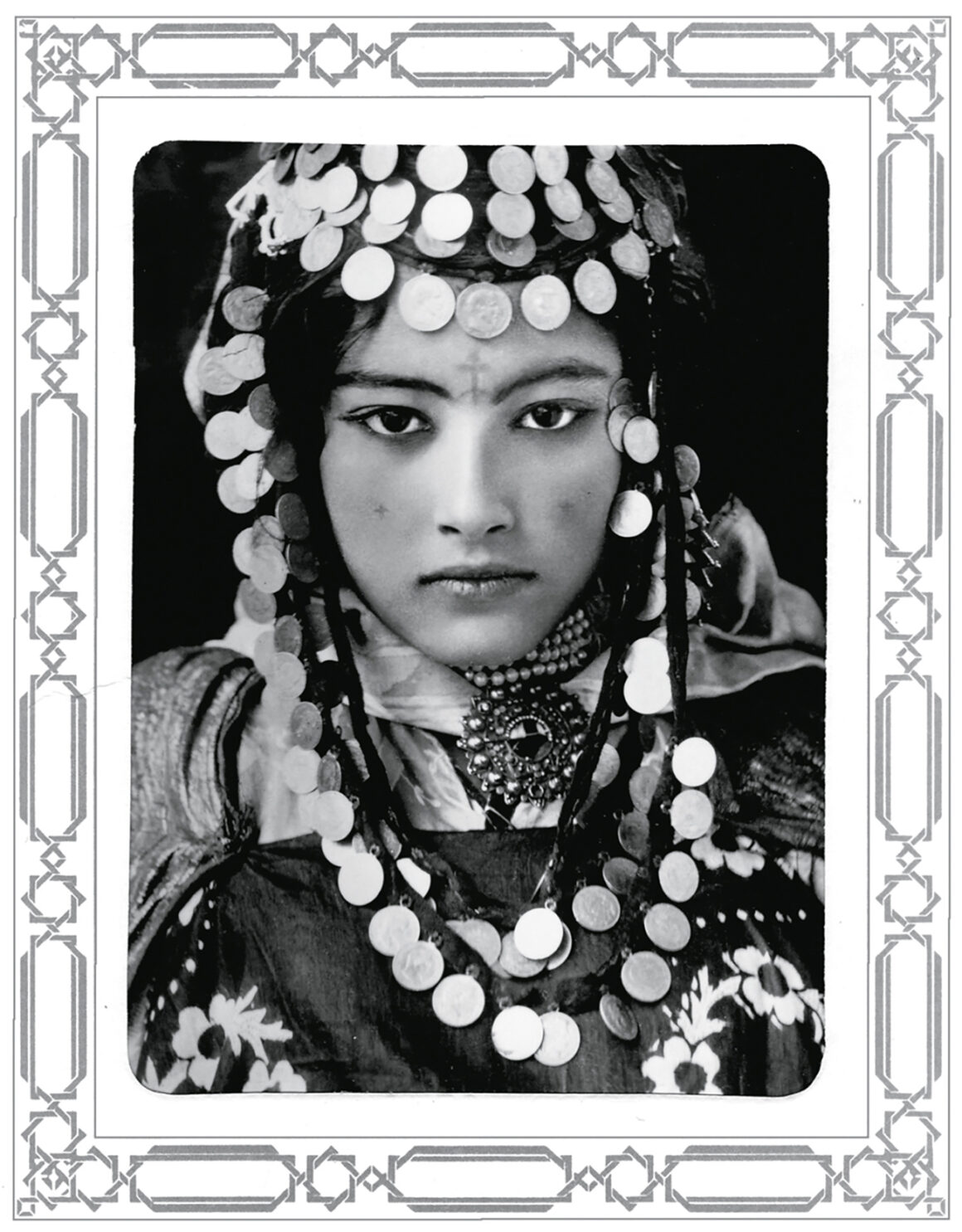
From there, the resulting affirmation in specific subcultures that have proudly presided over it until its recent mass planetary success. In fact, it is only in recent decades that the tattoo has undergone an evolution that has made it a socially accepted, as well as extremely popular, body modification.
Mudec, Milano
